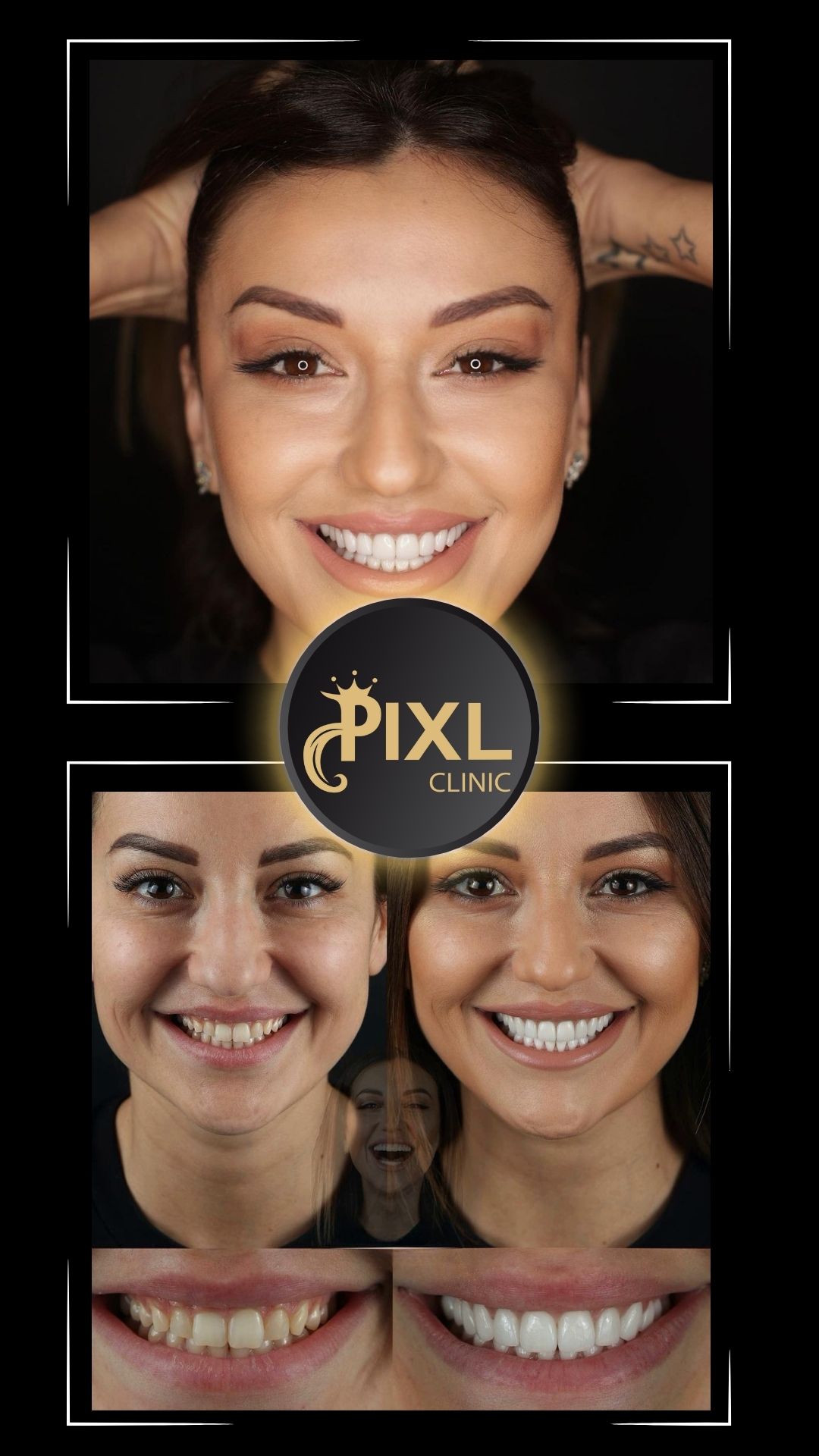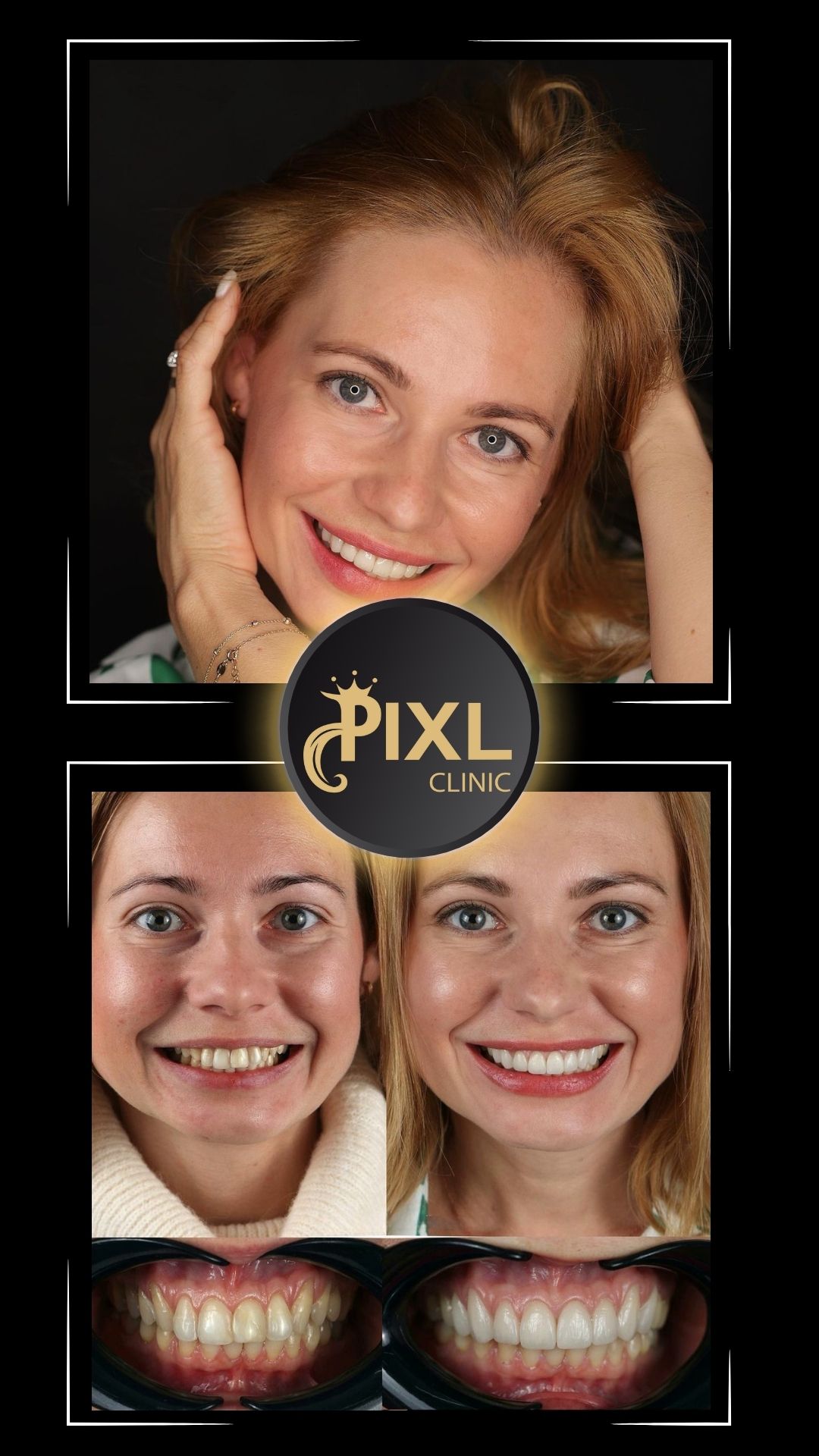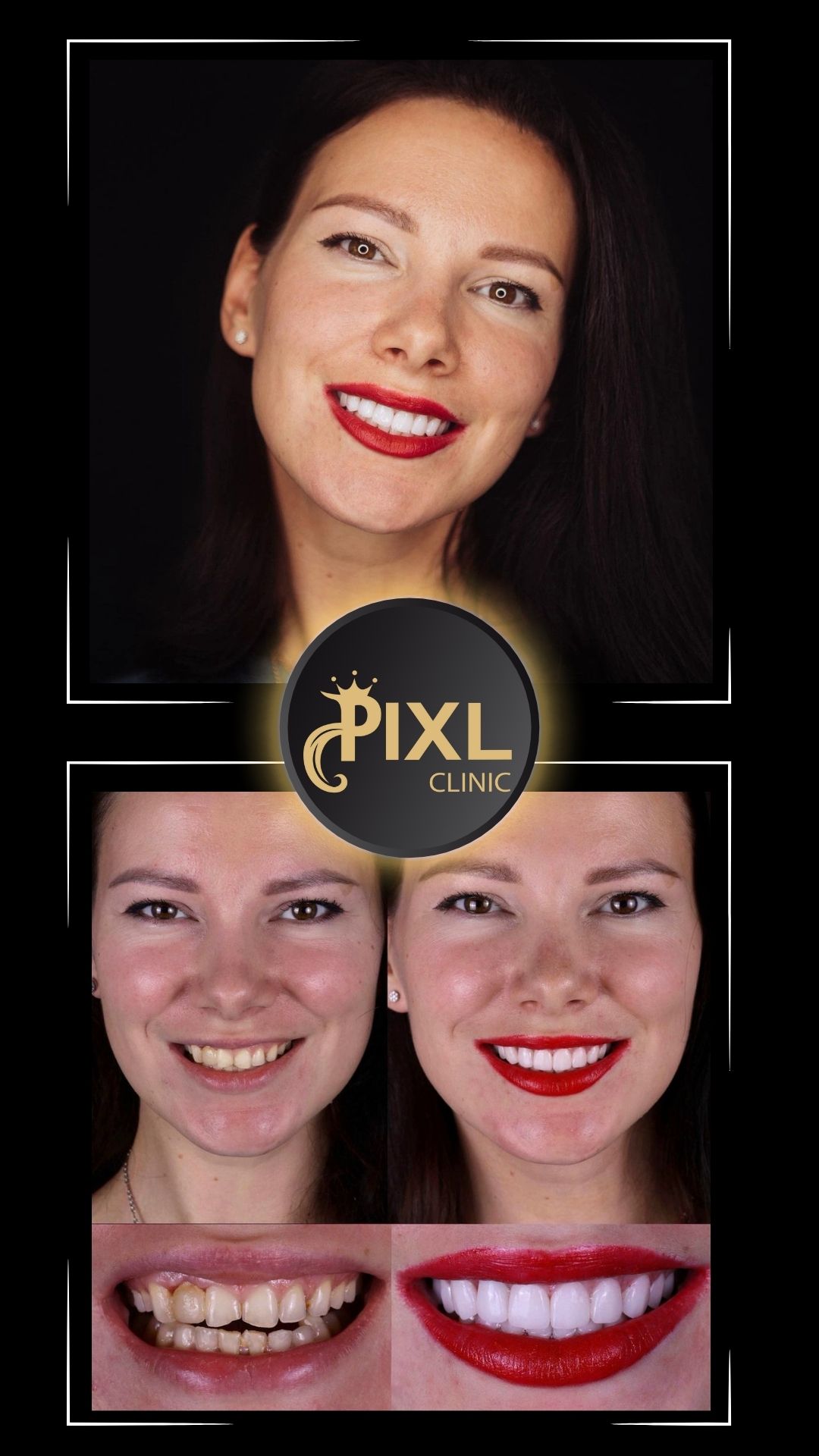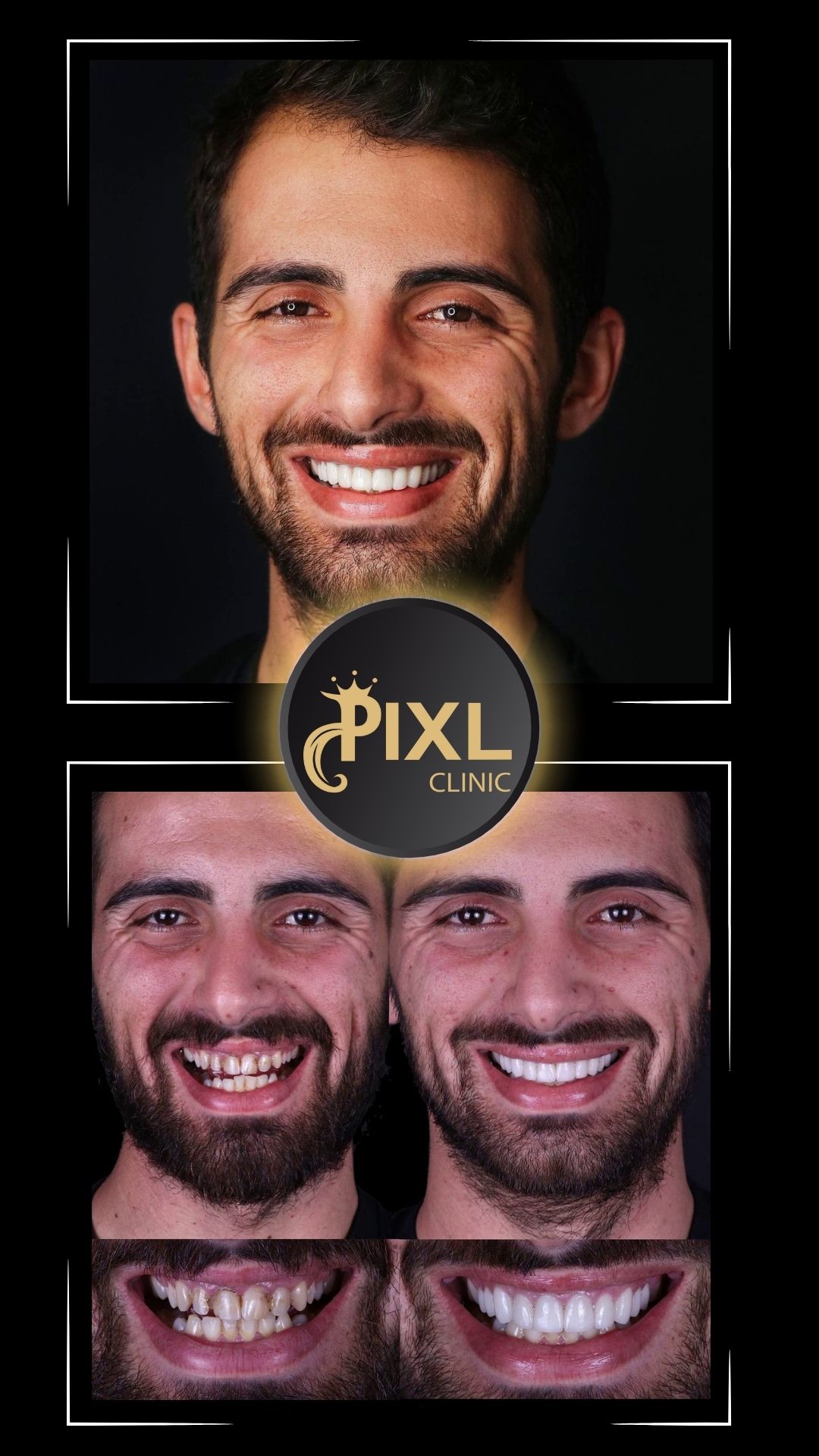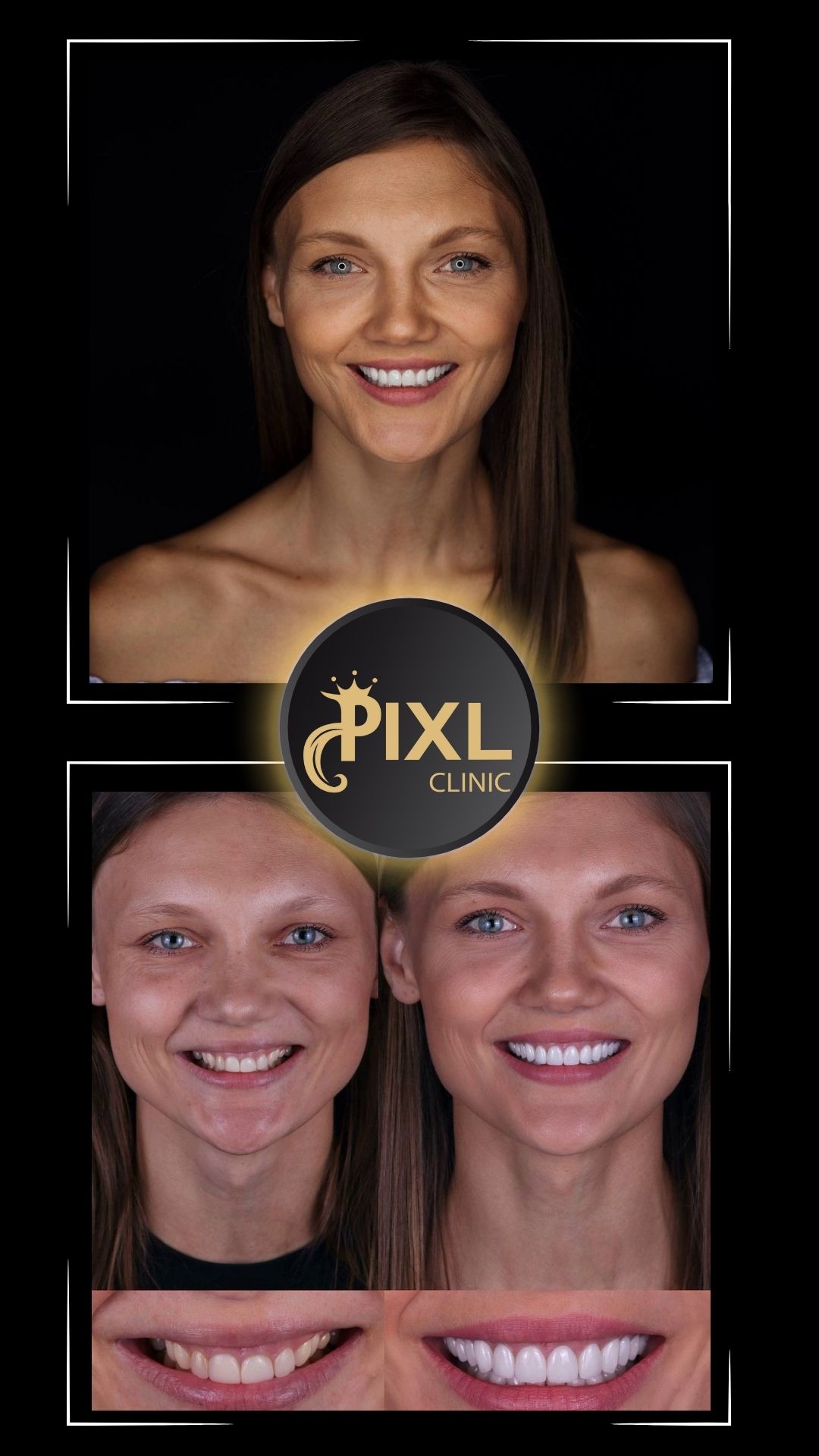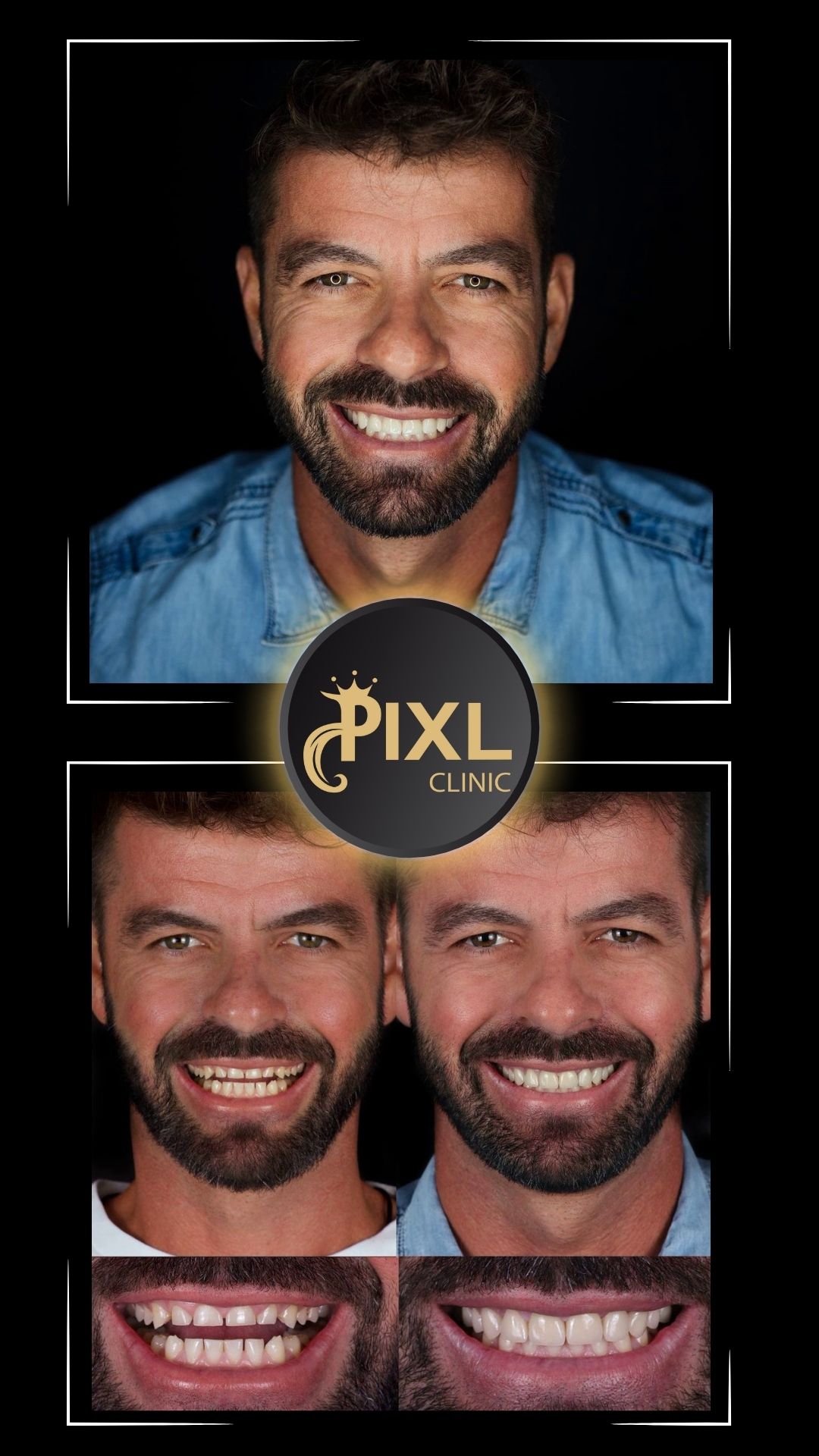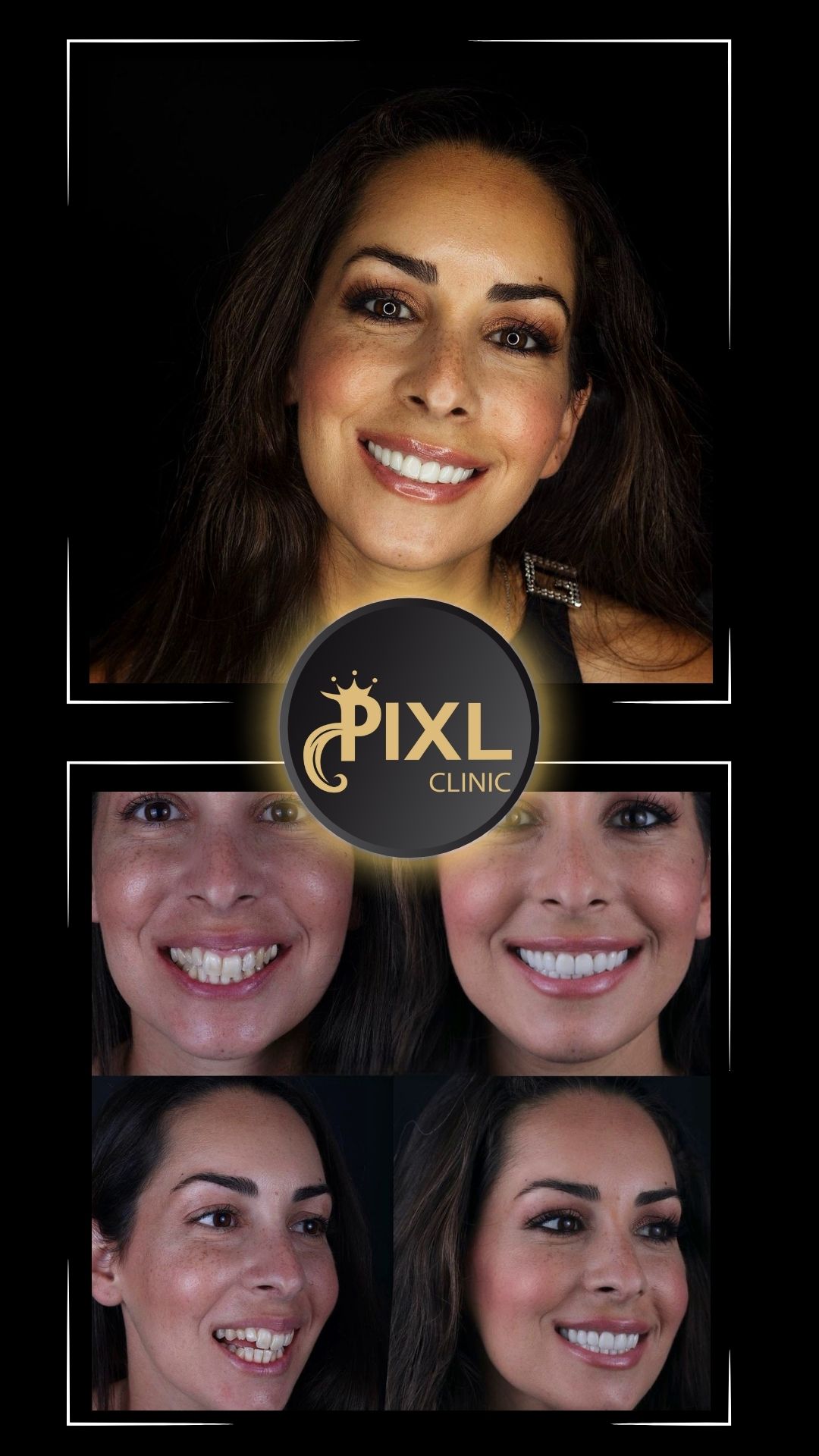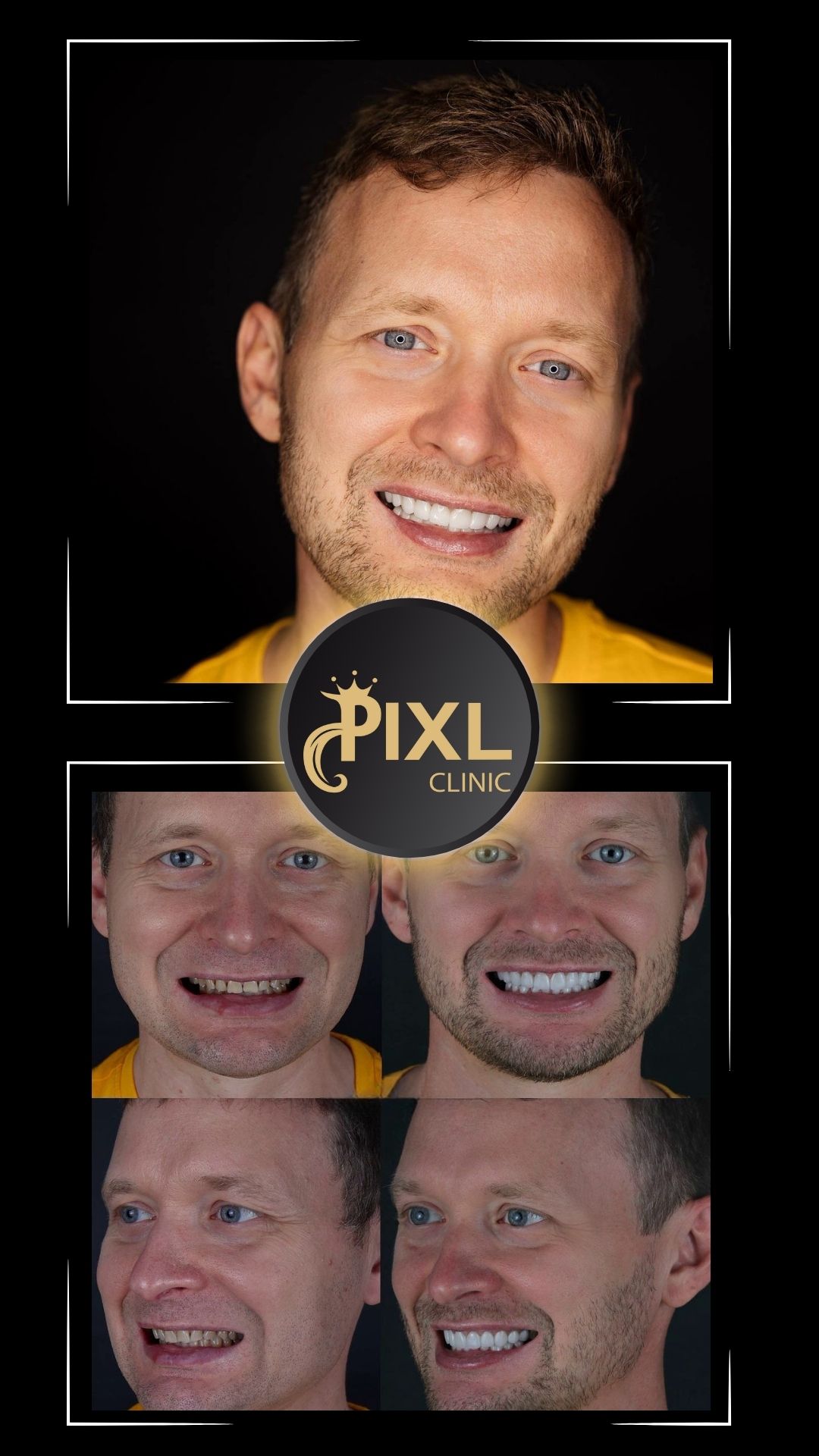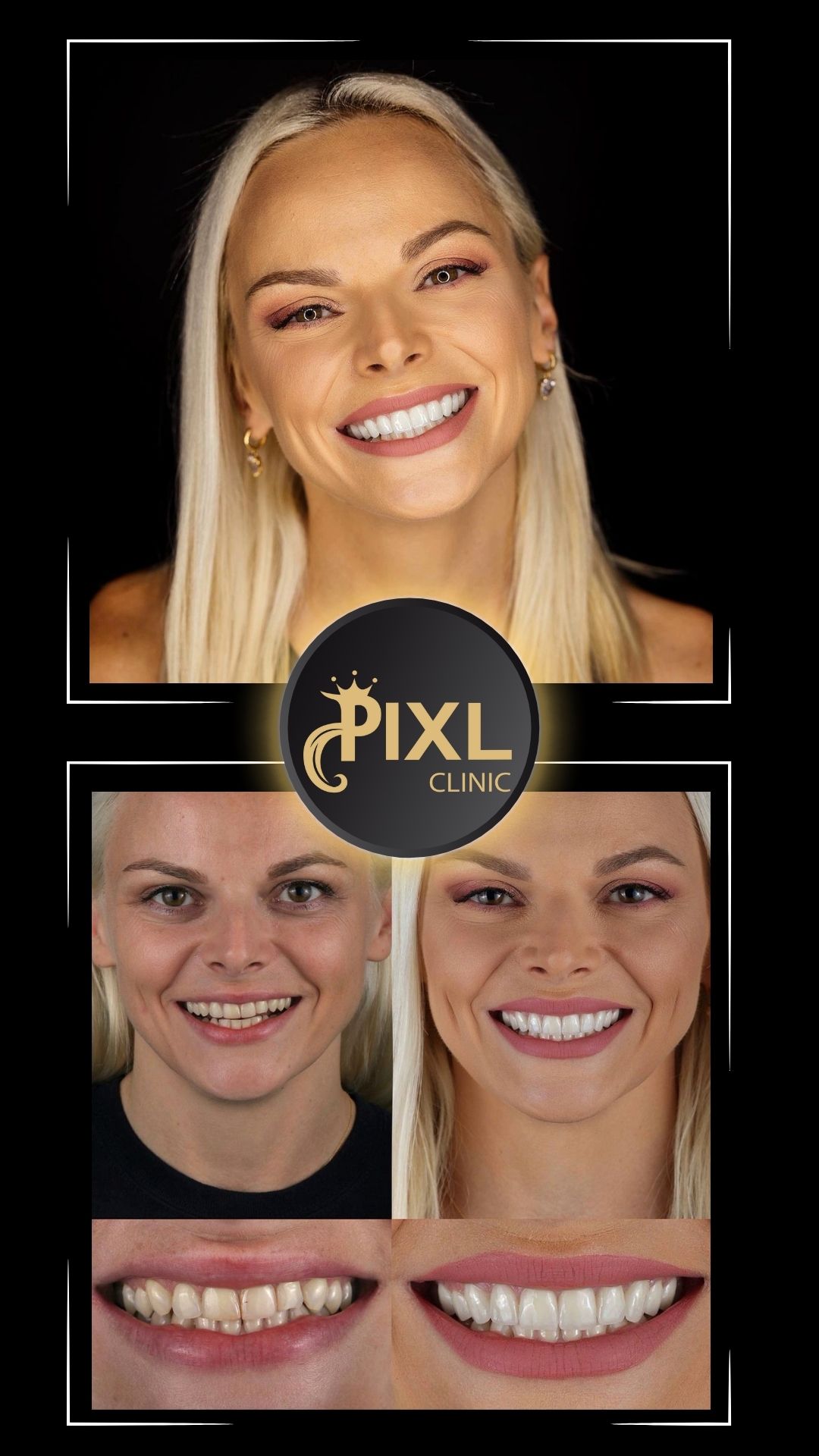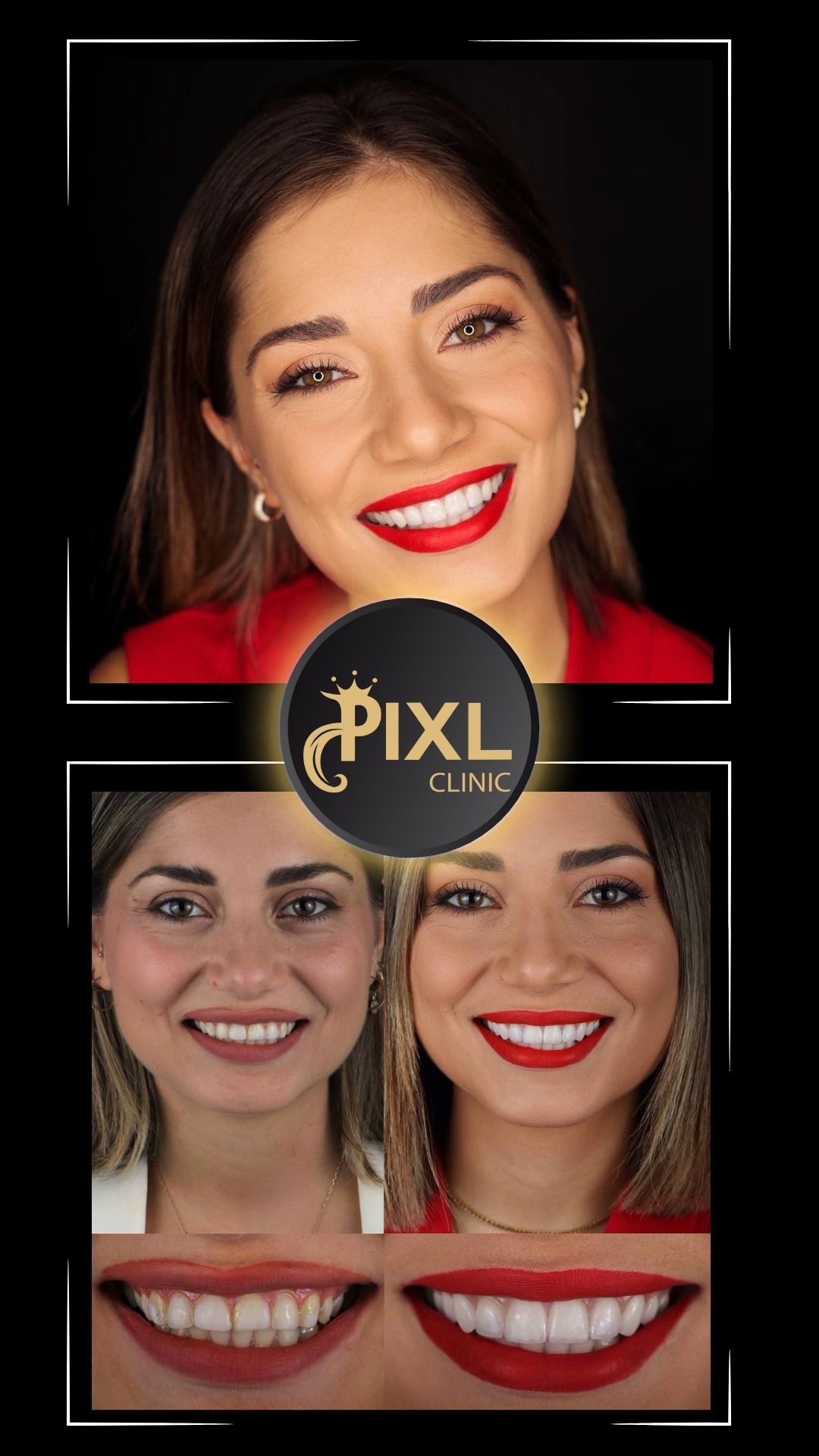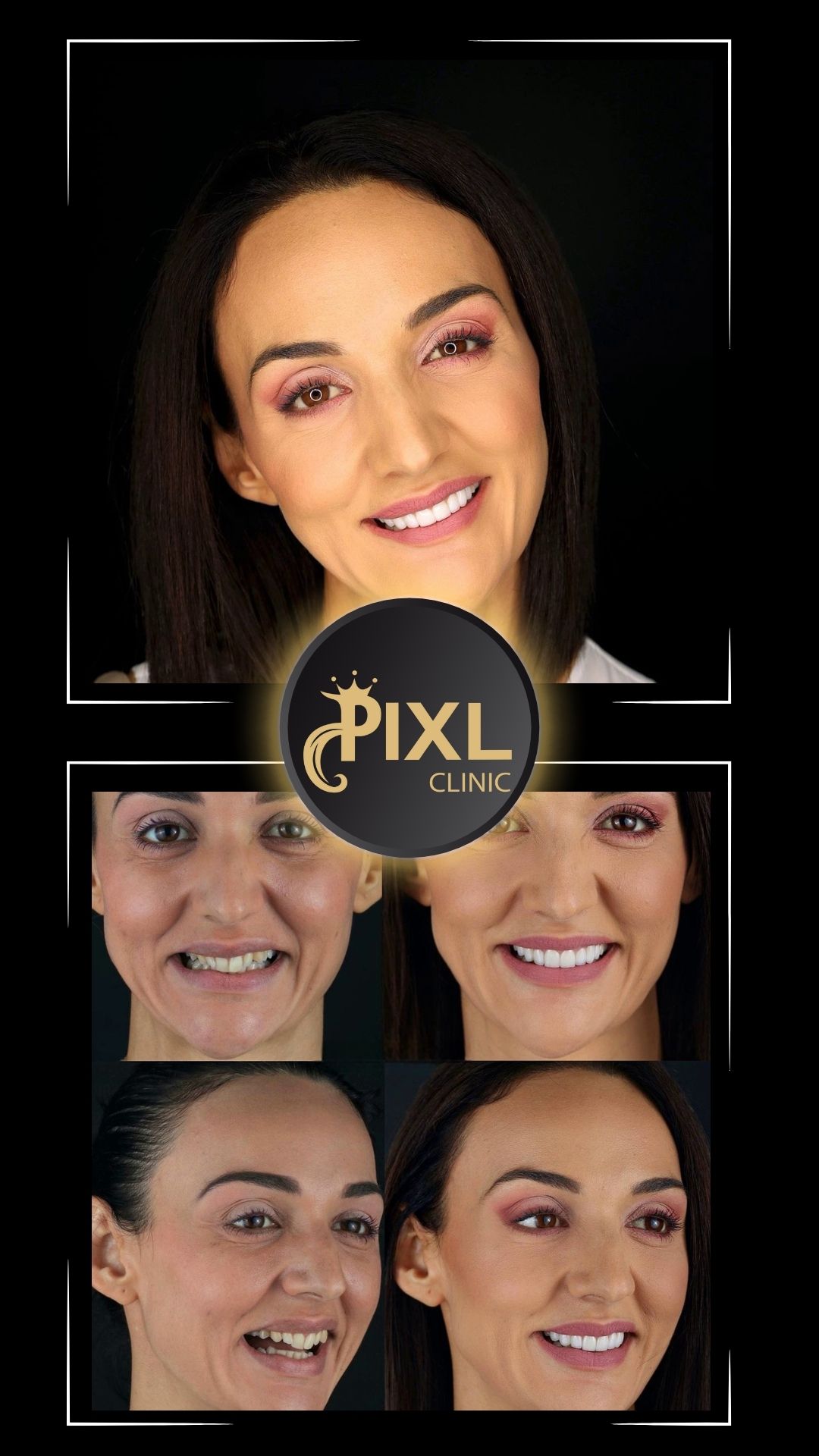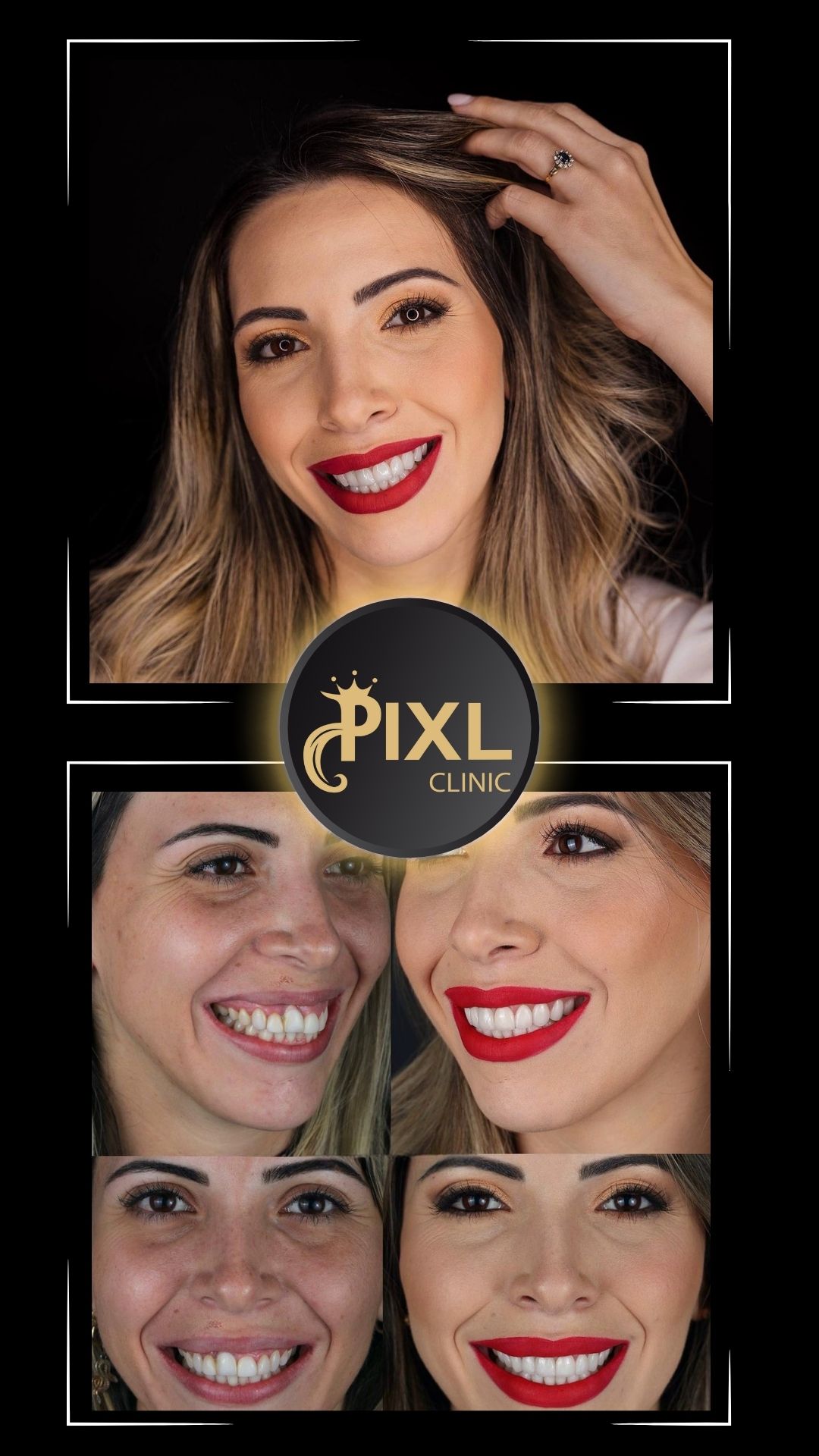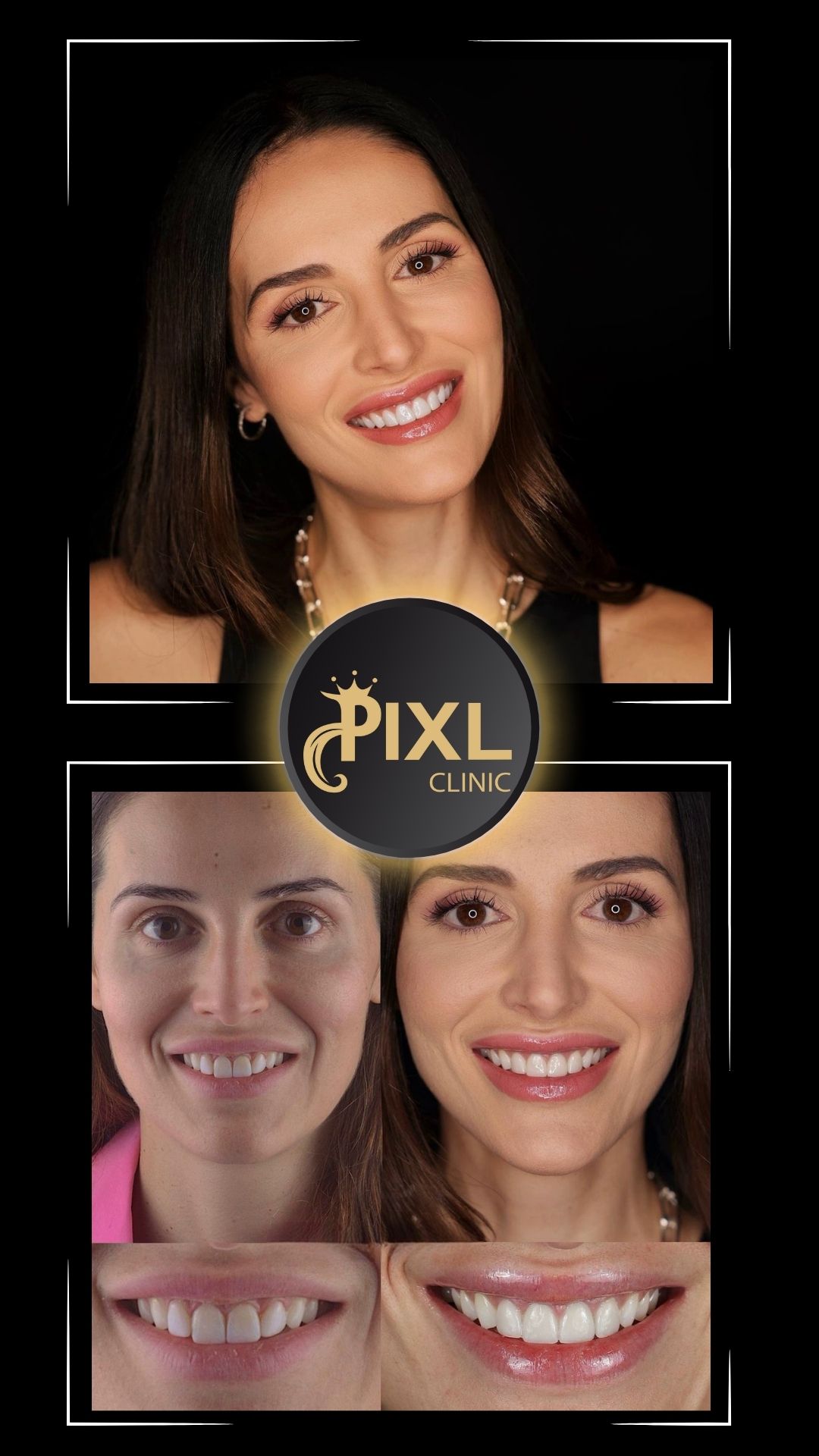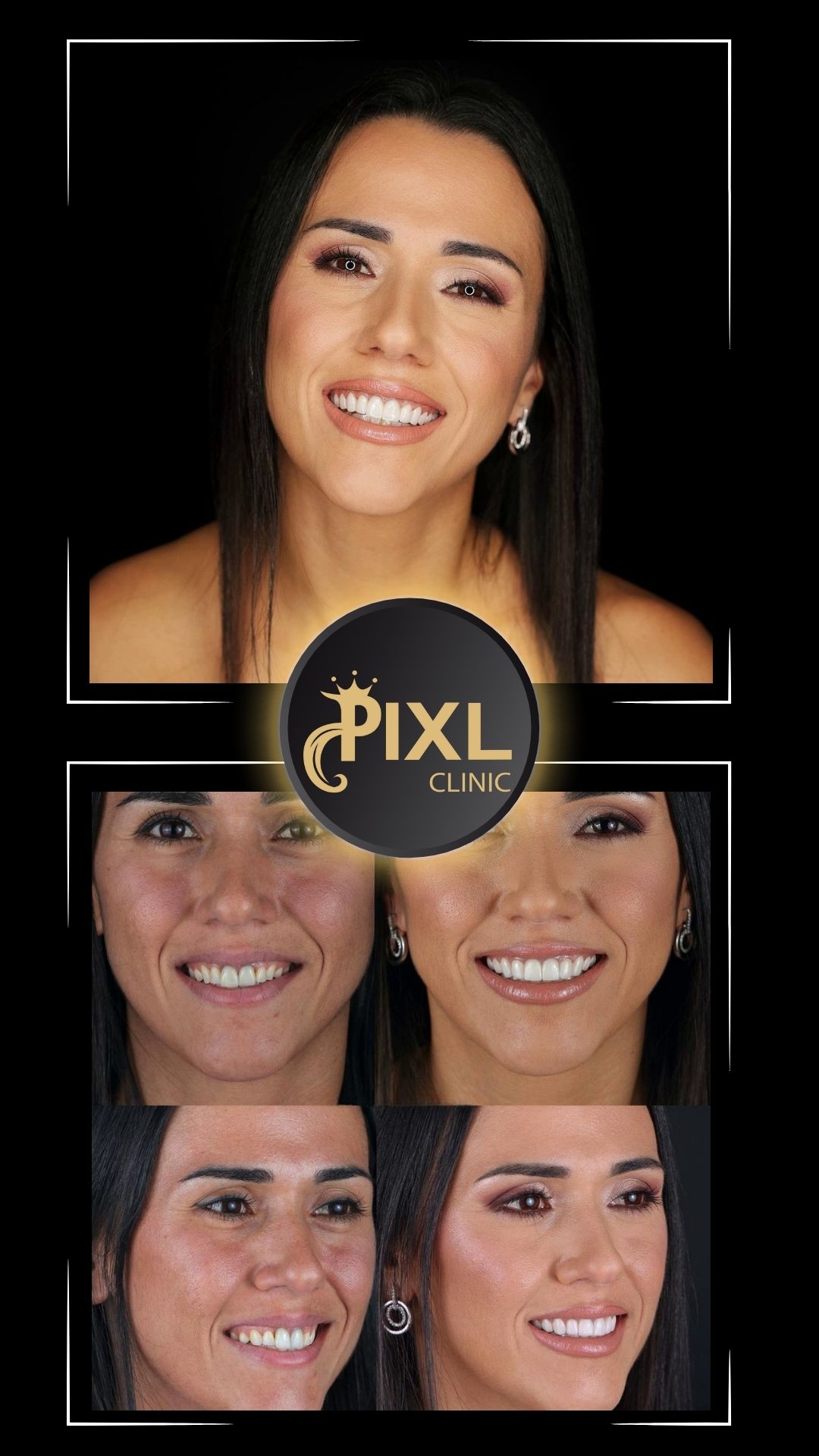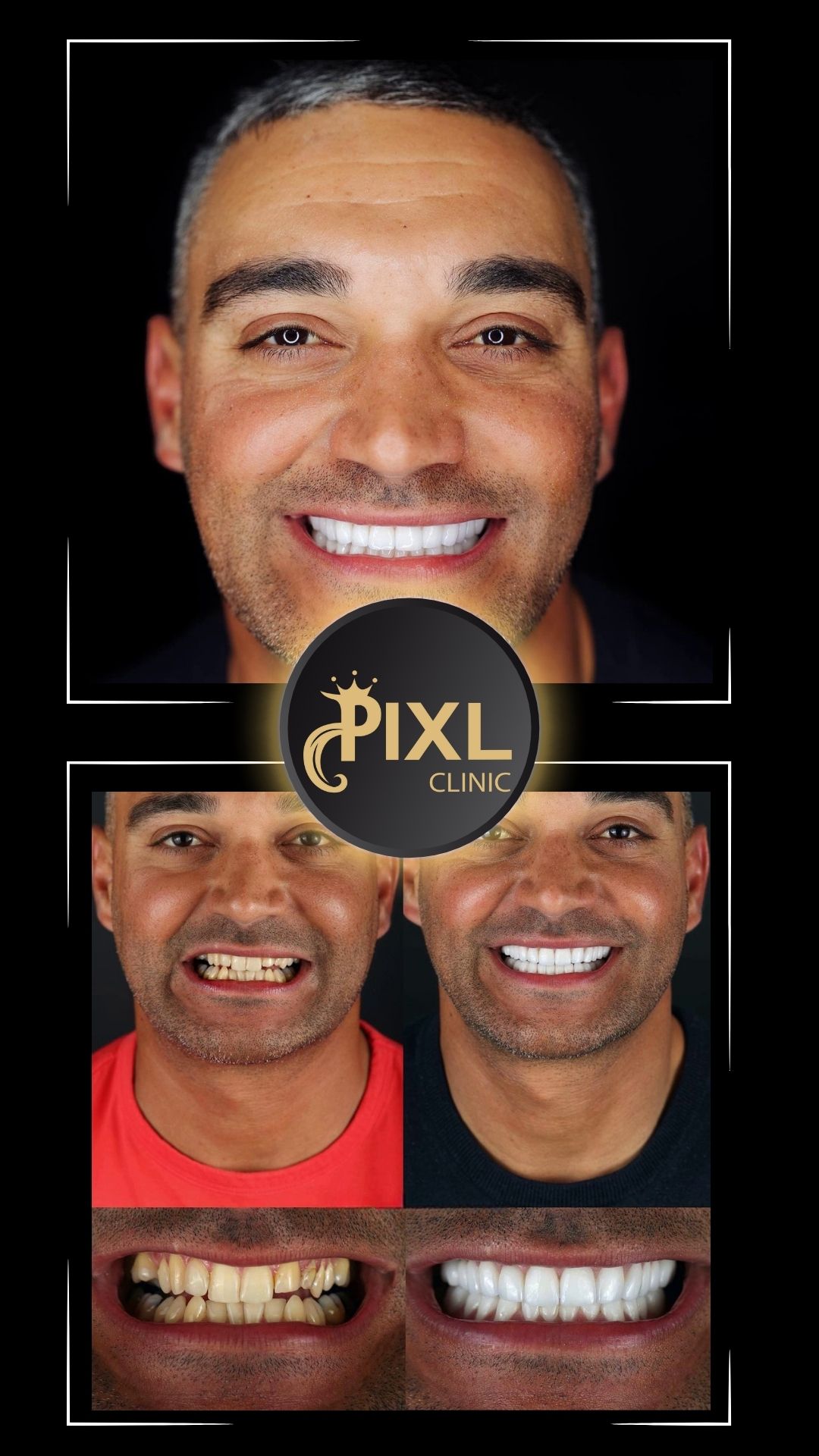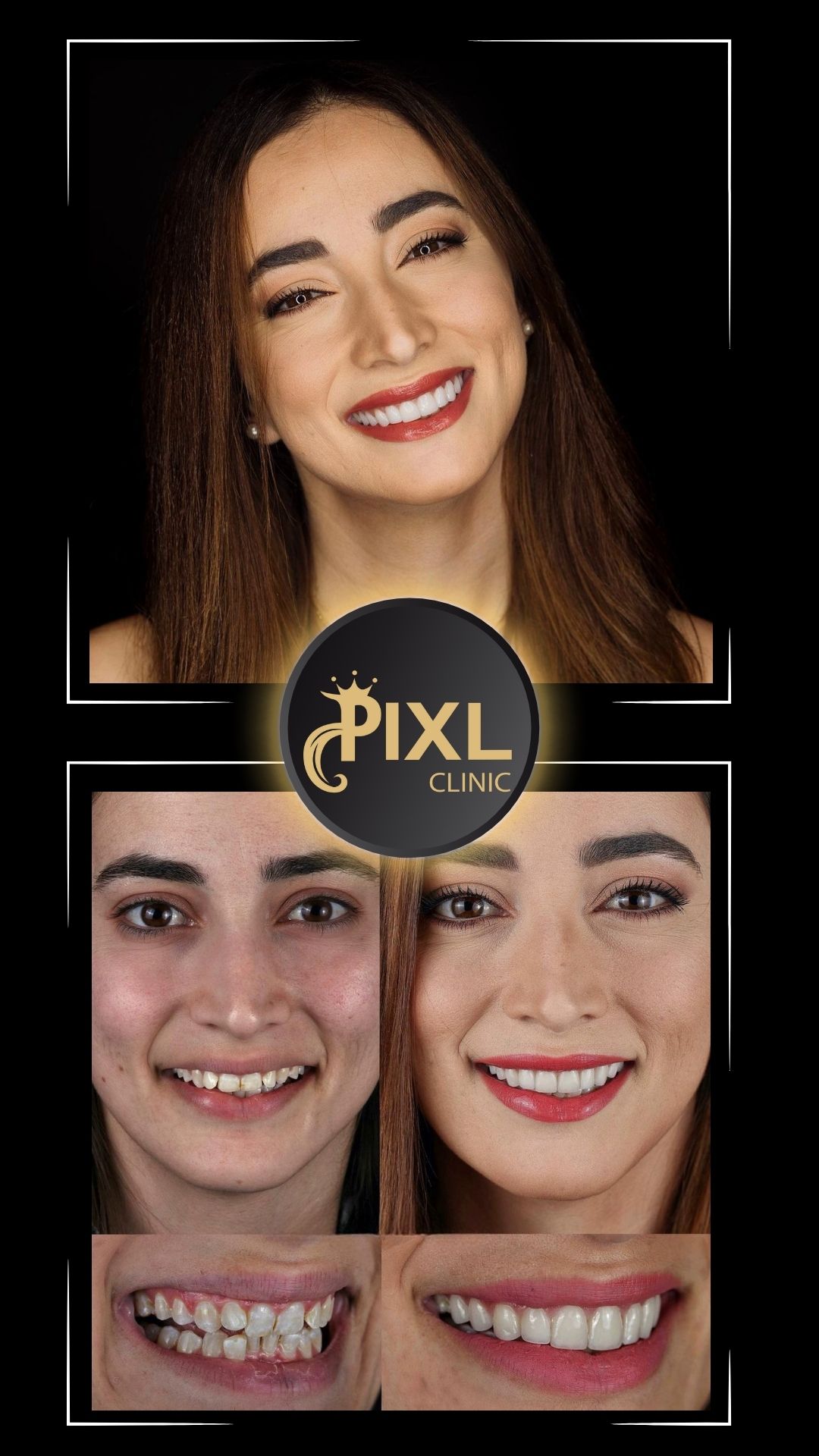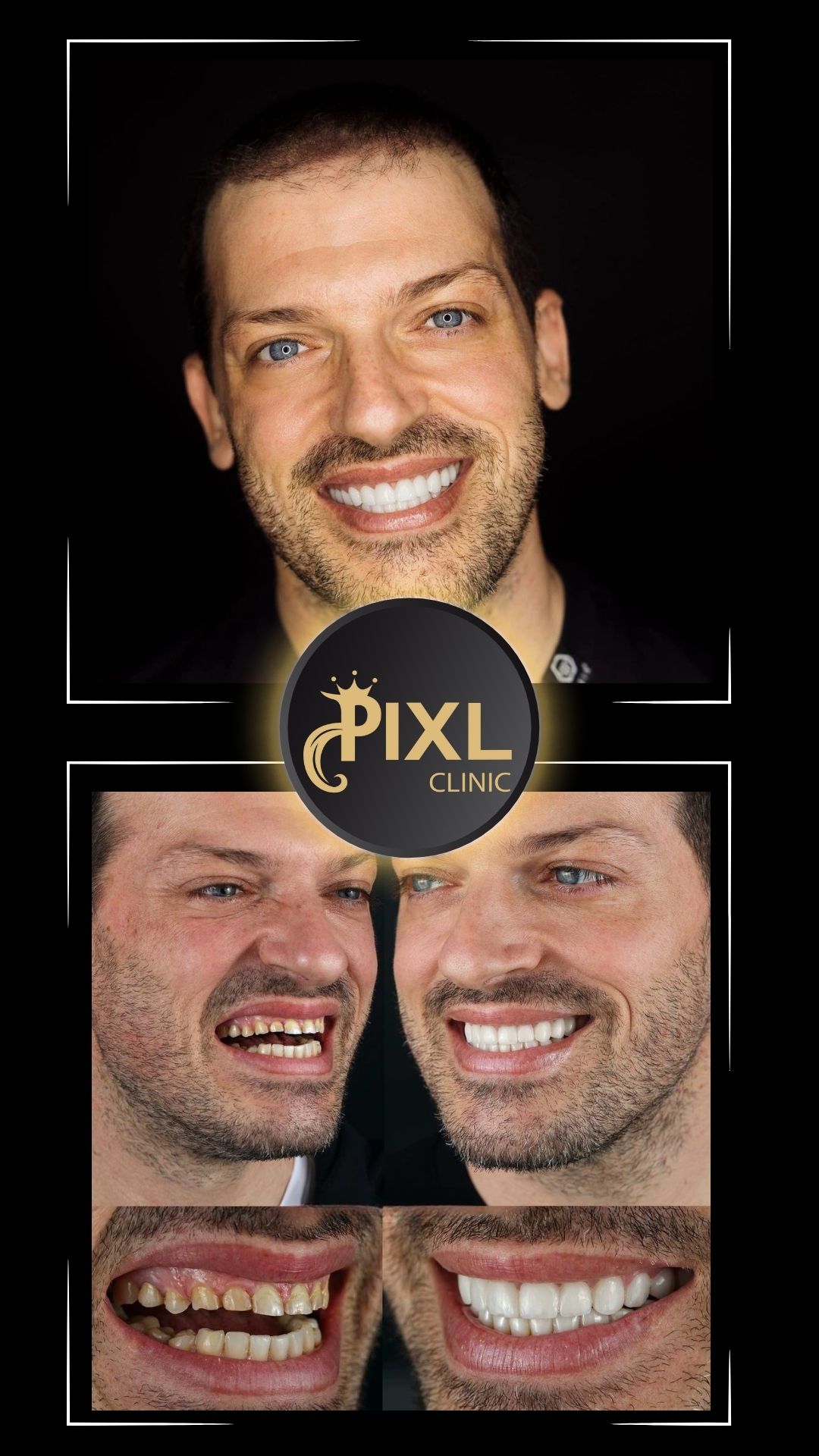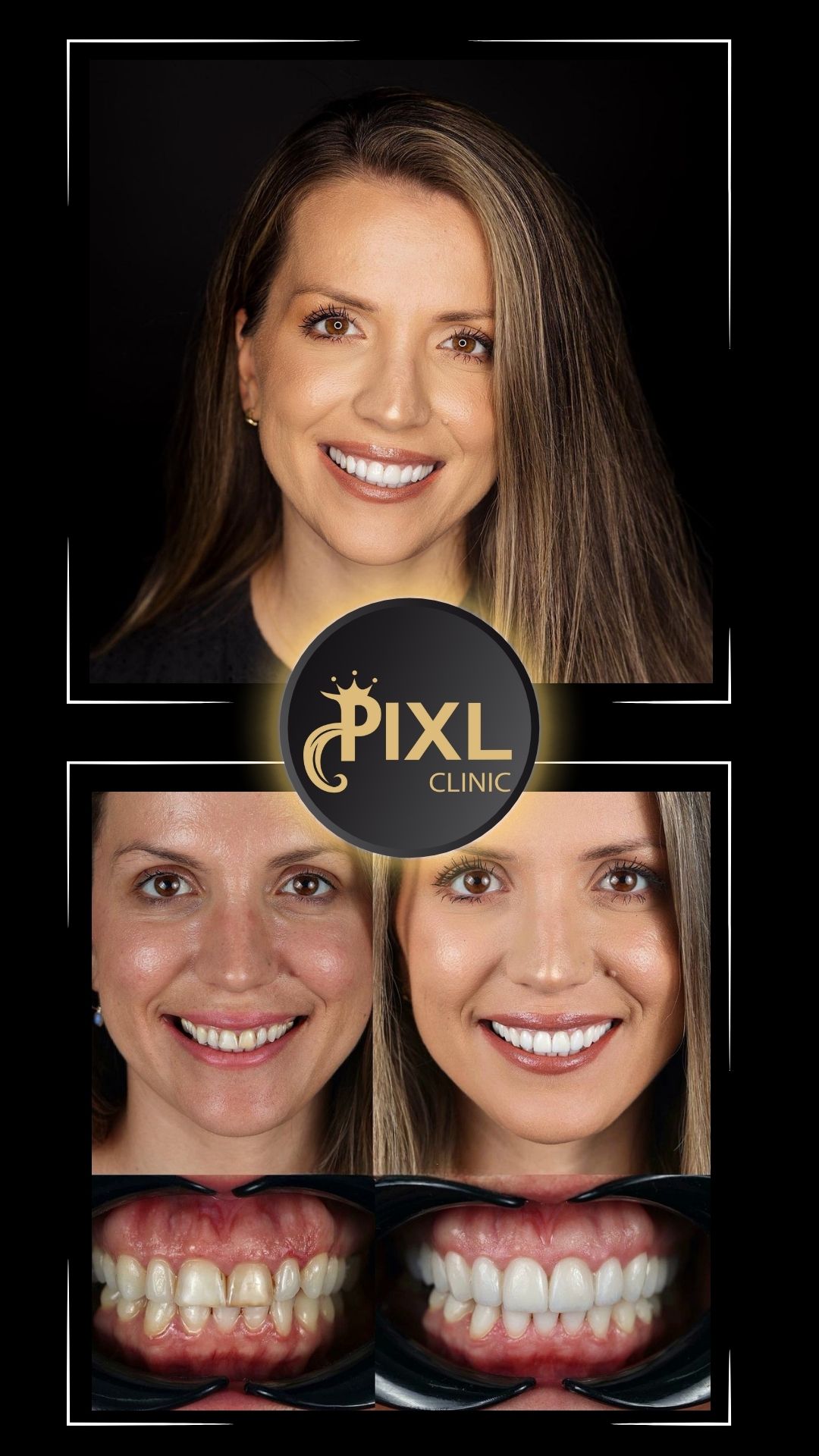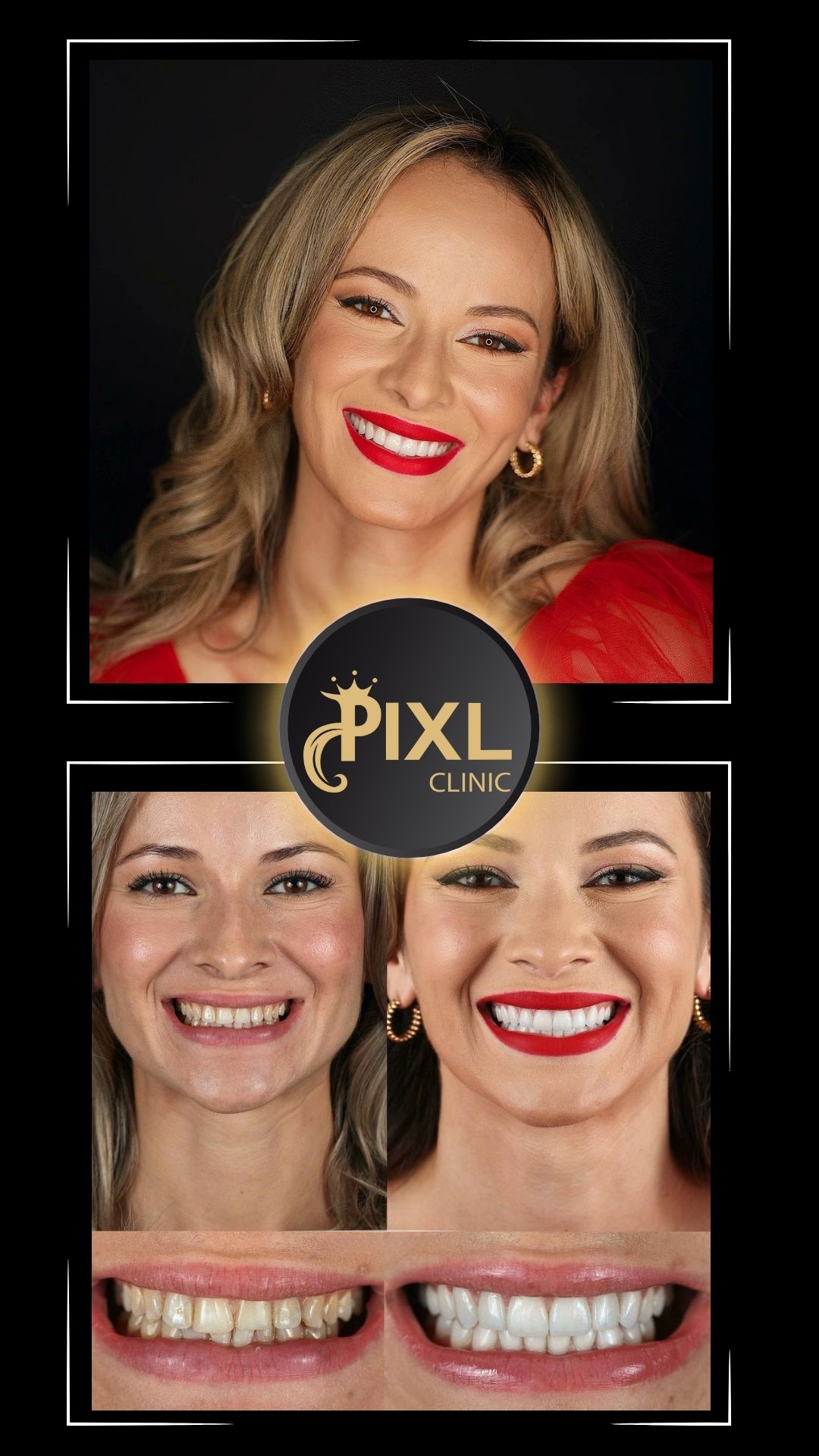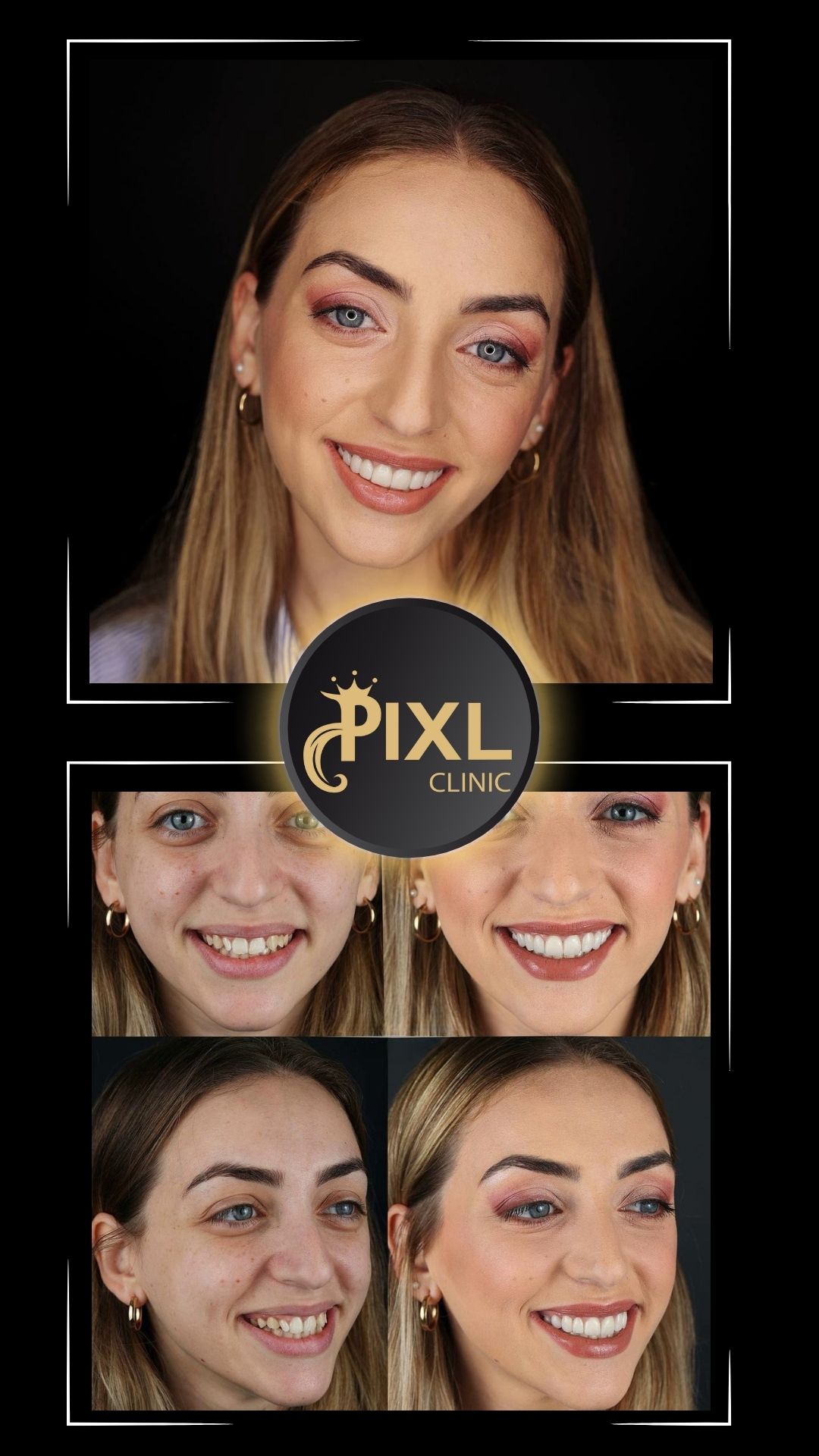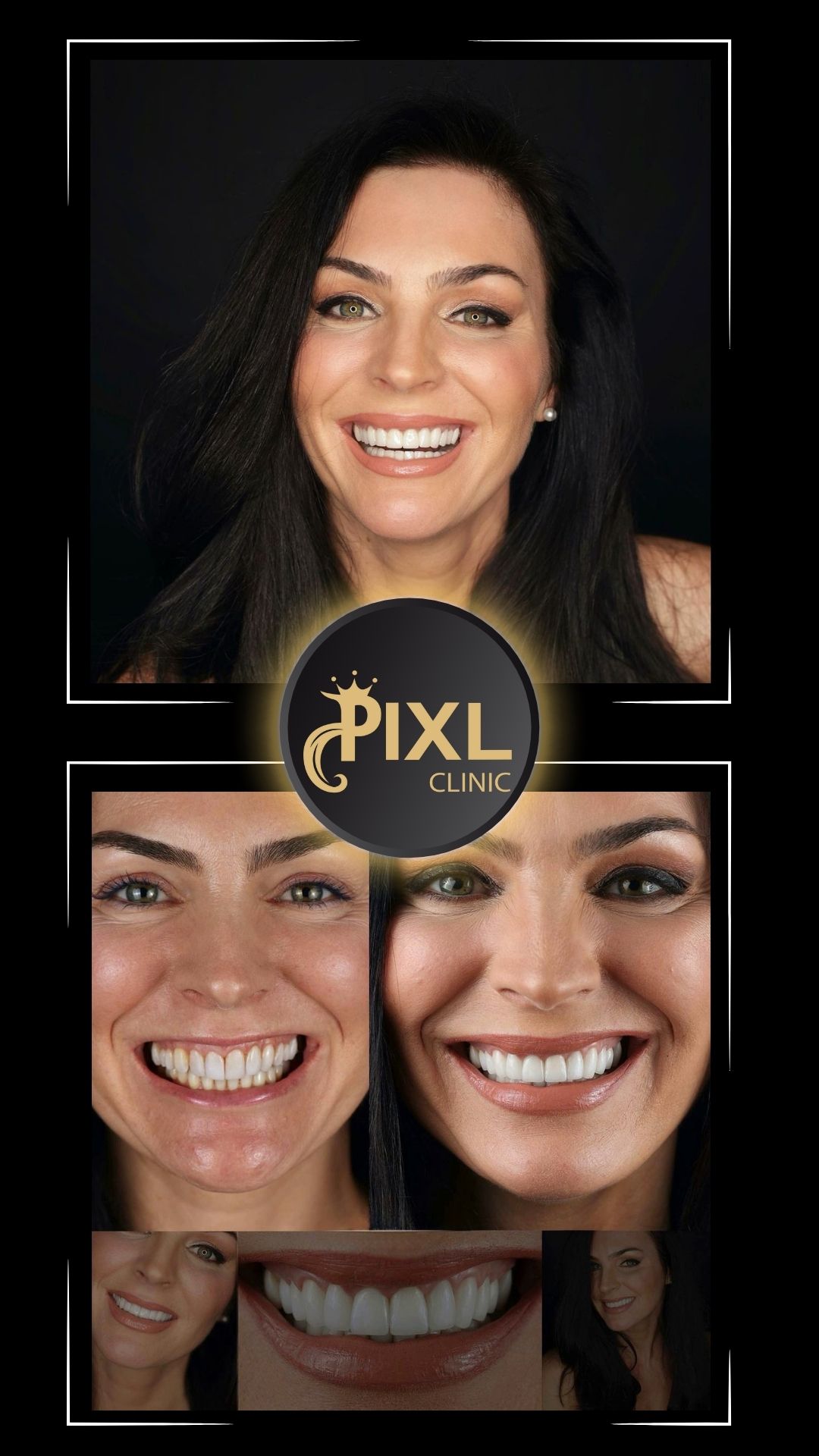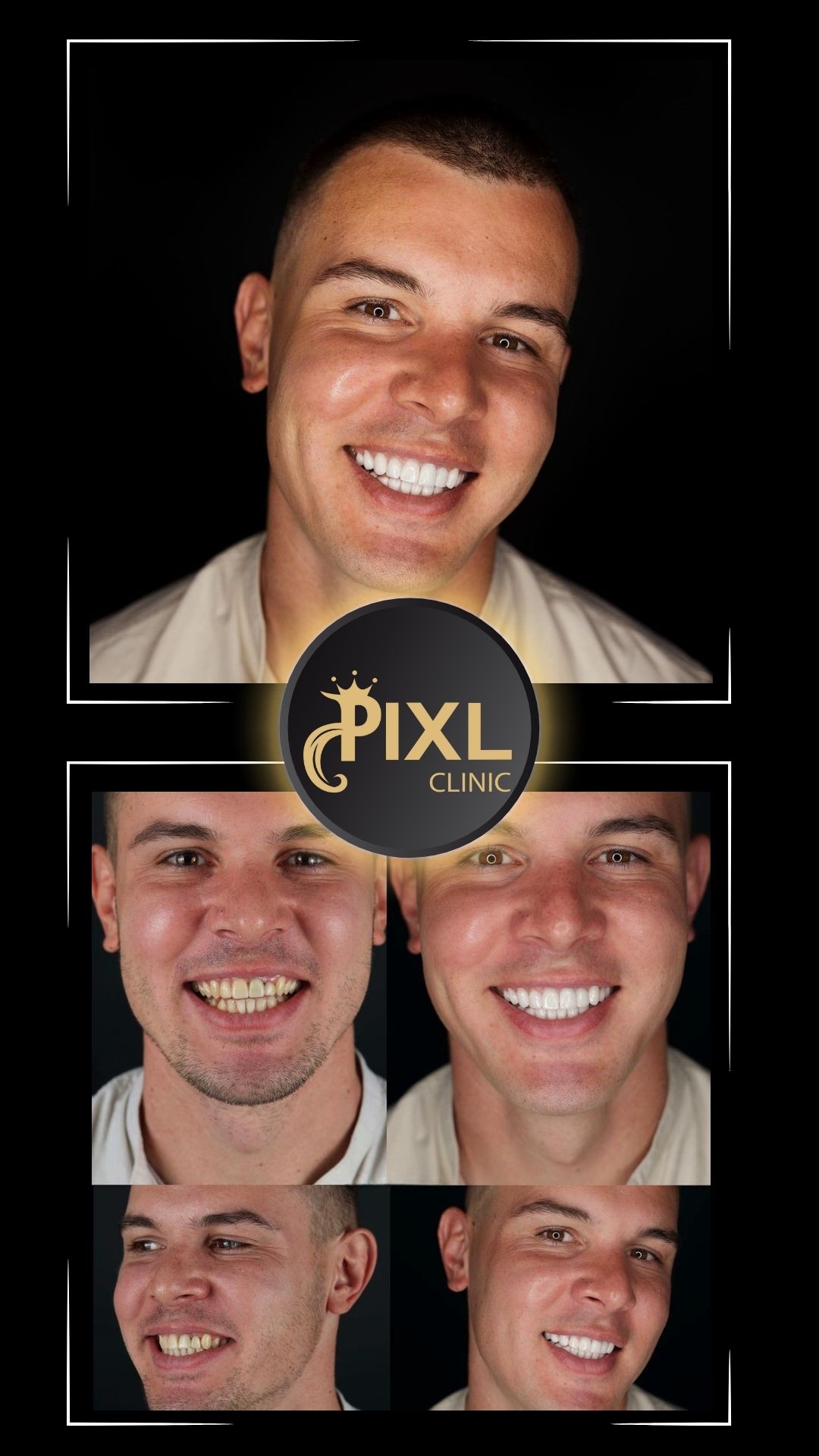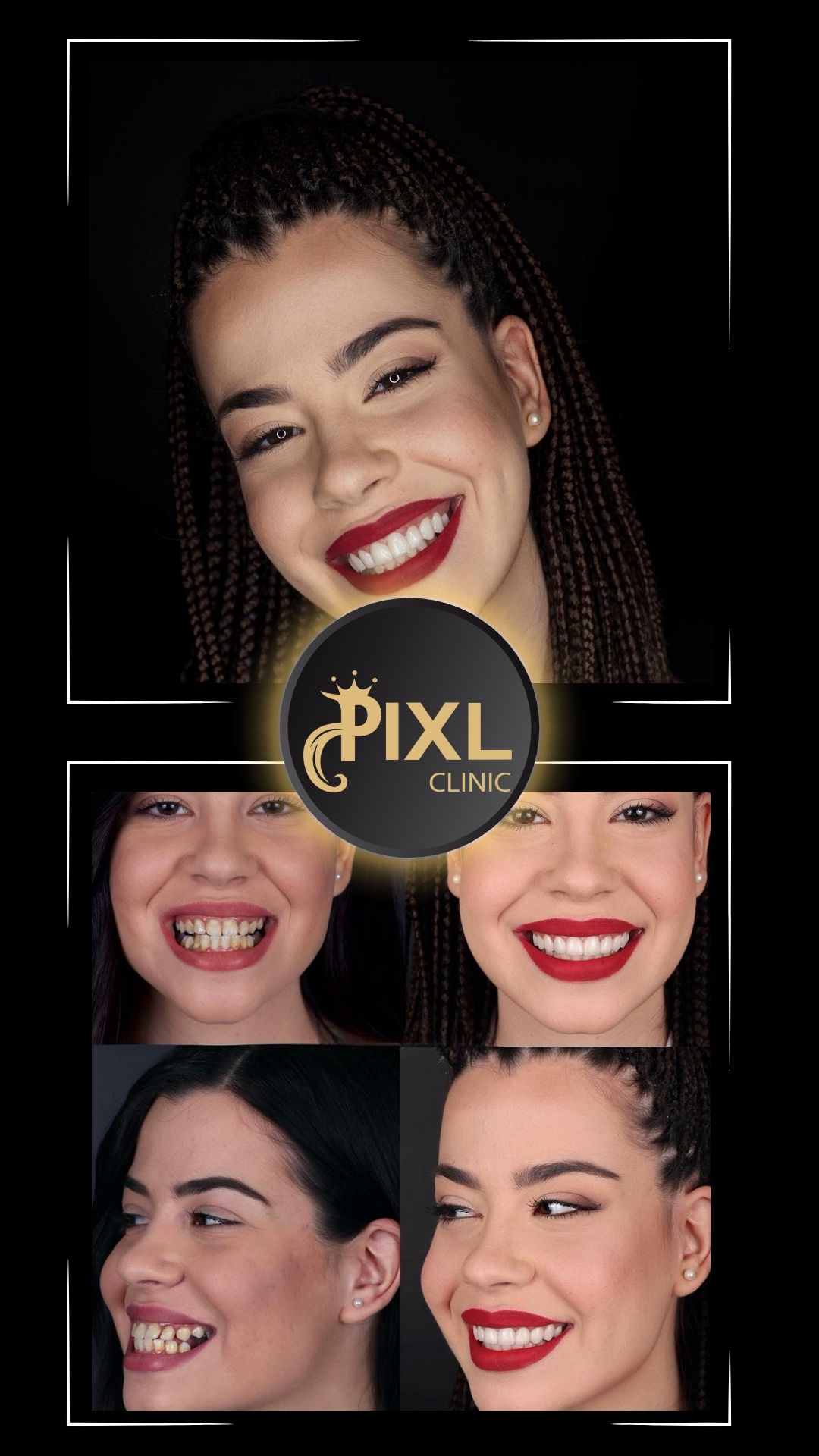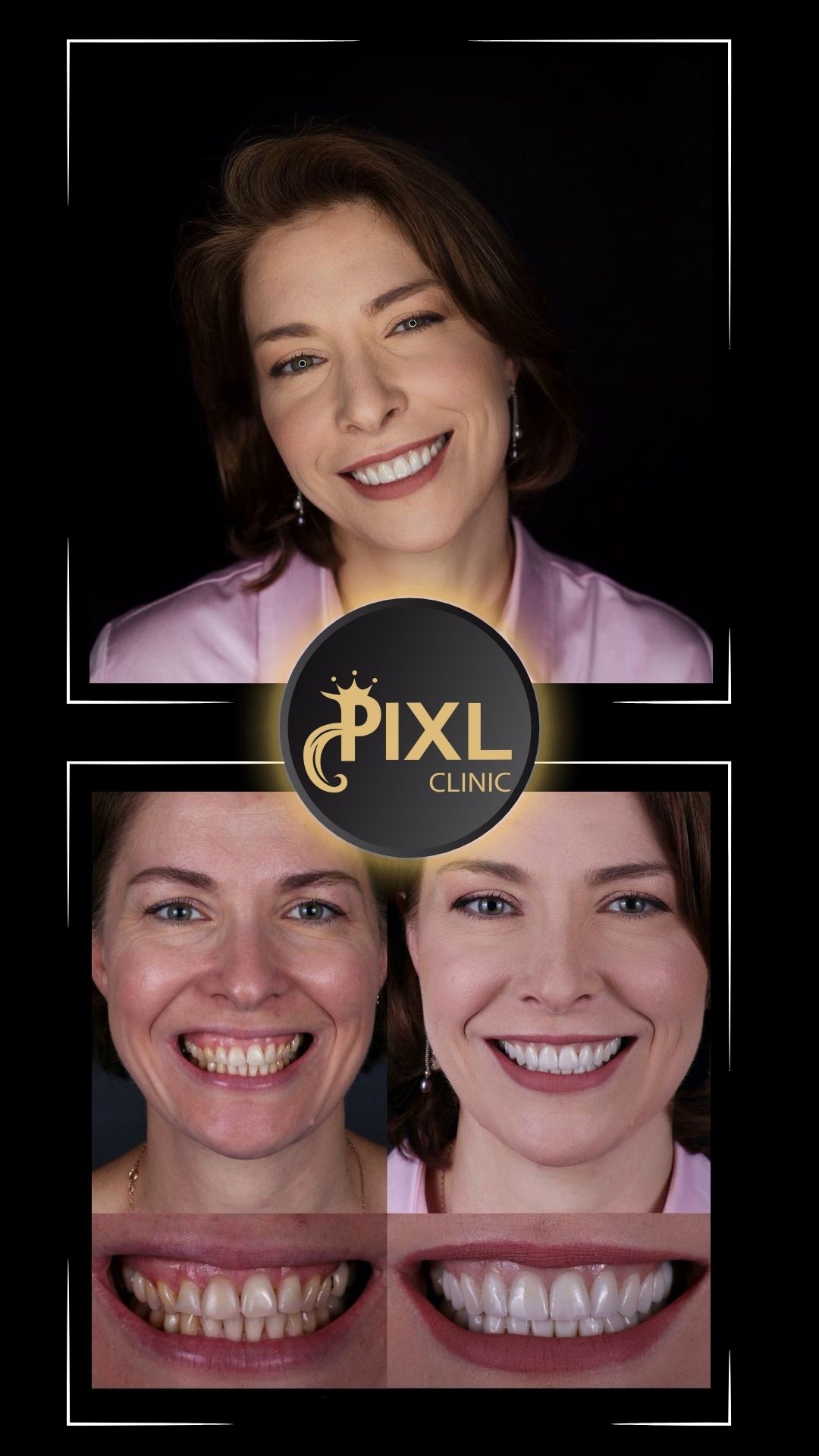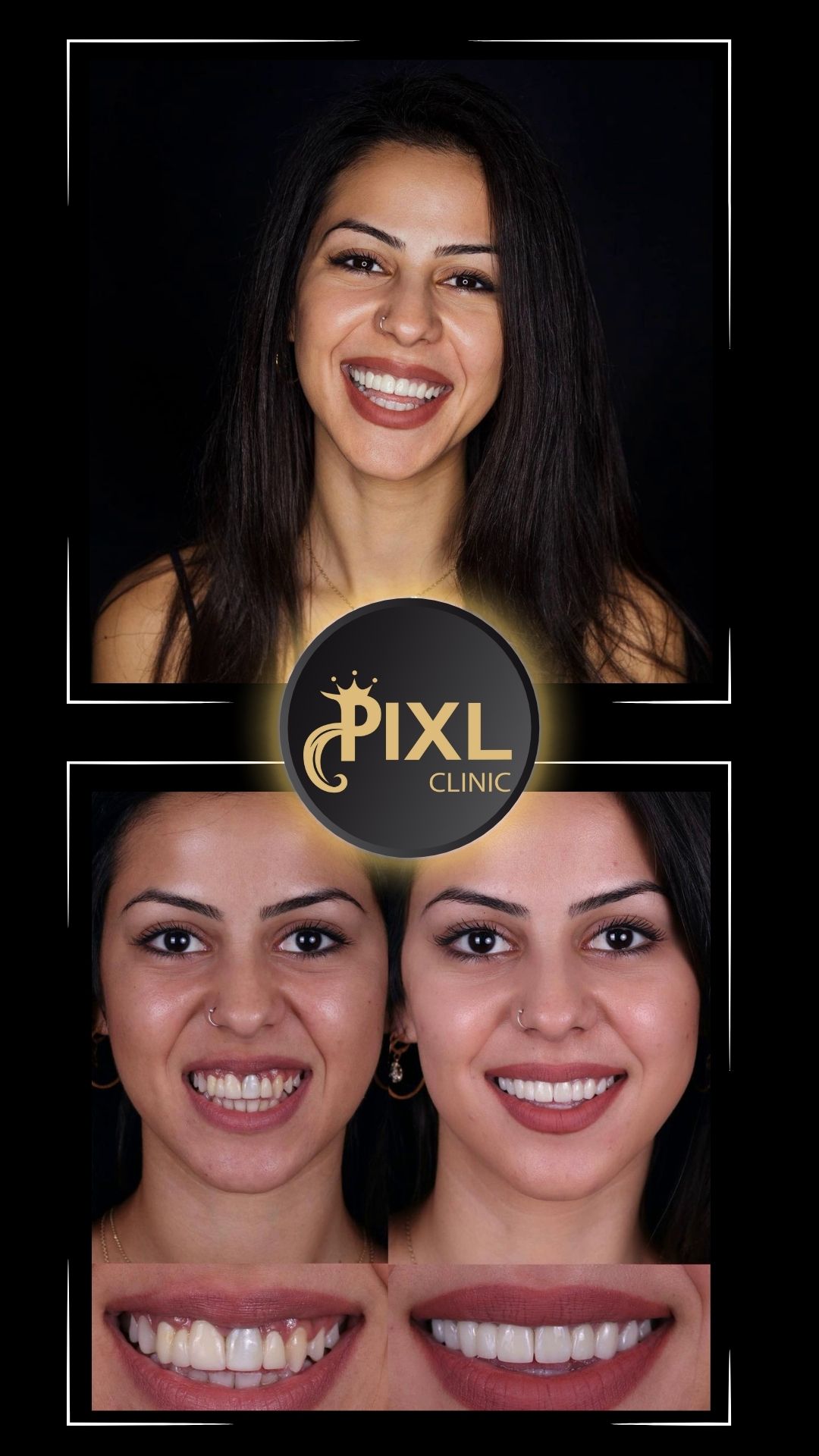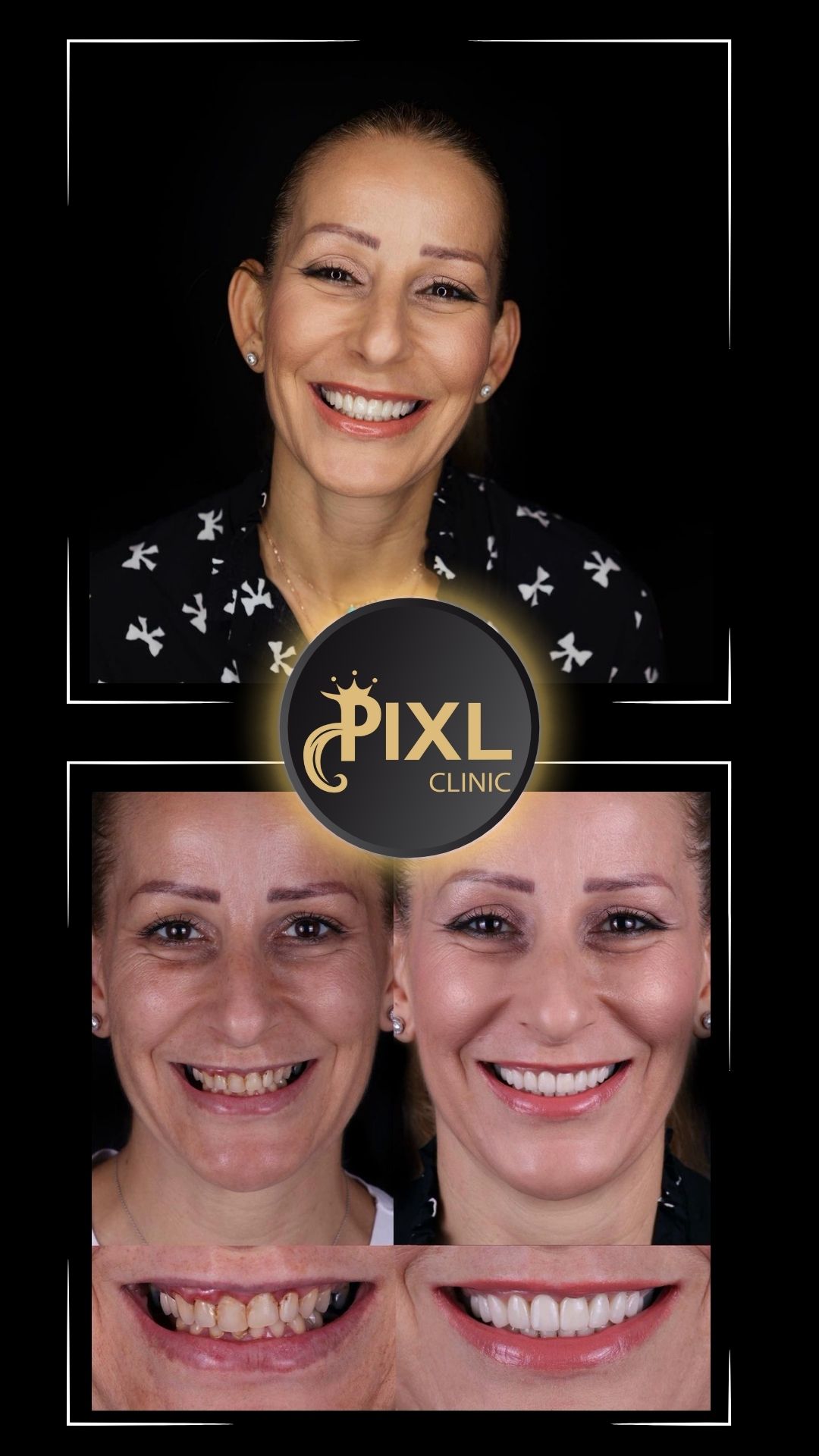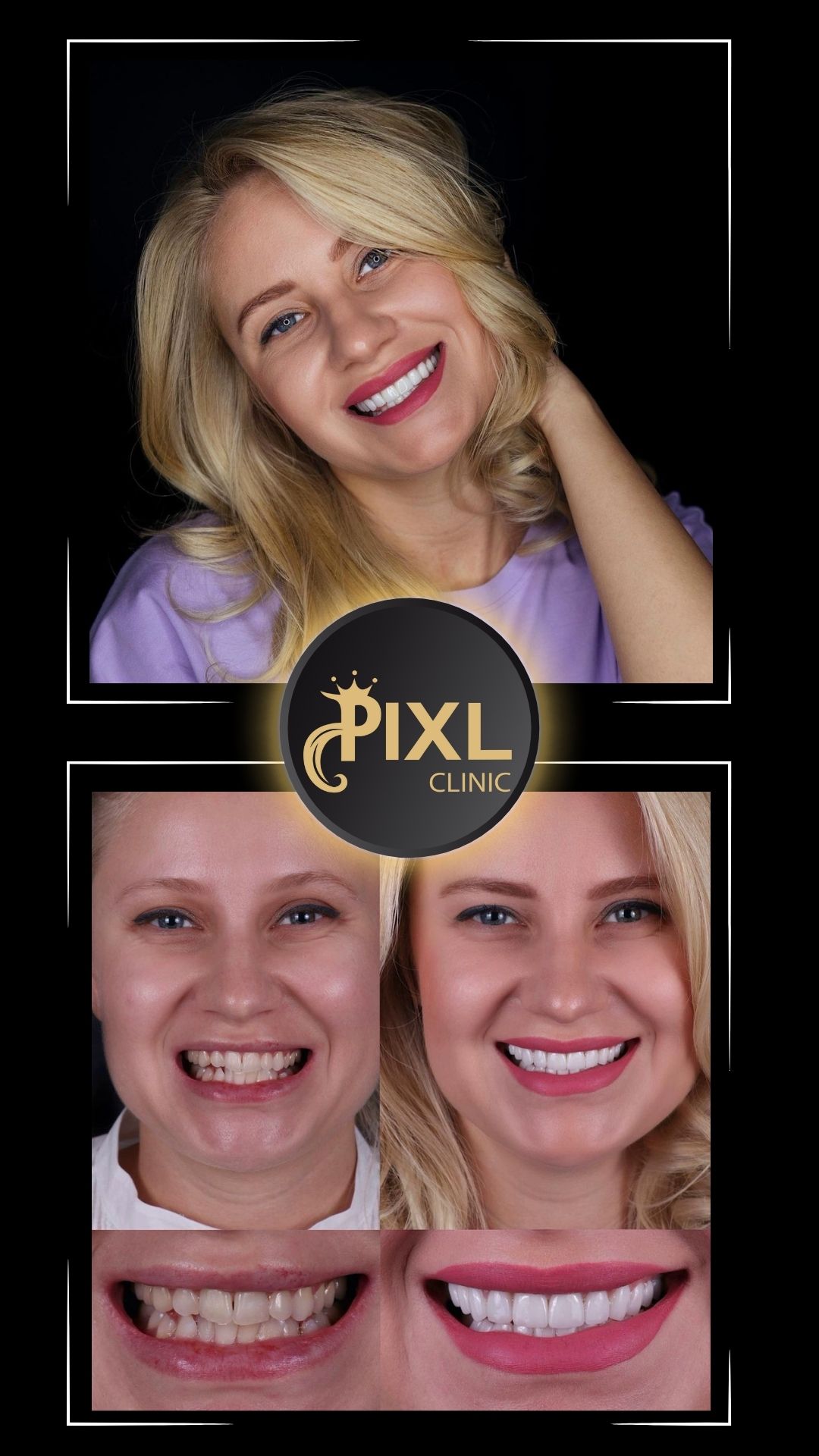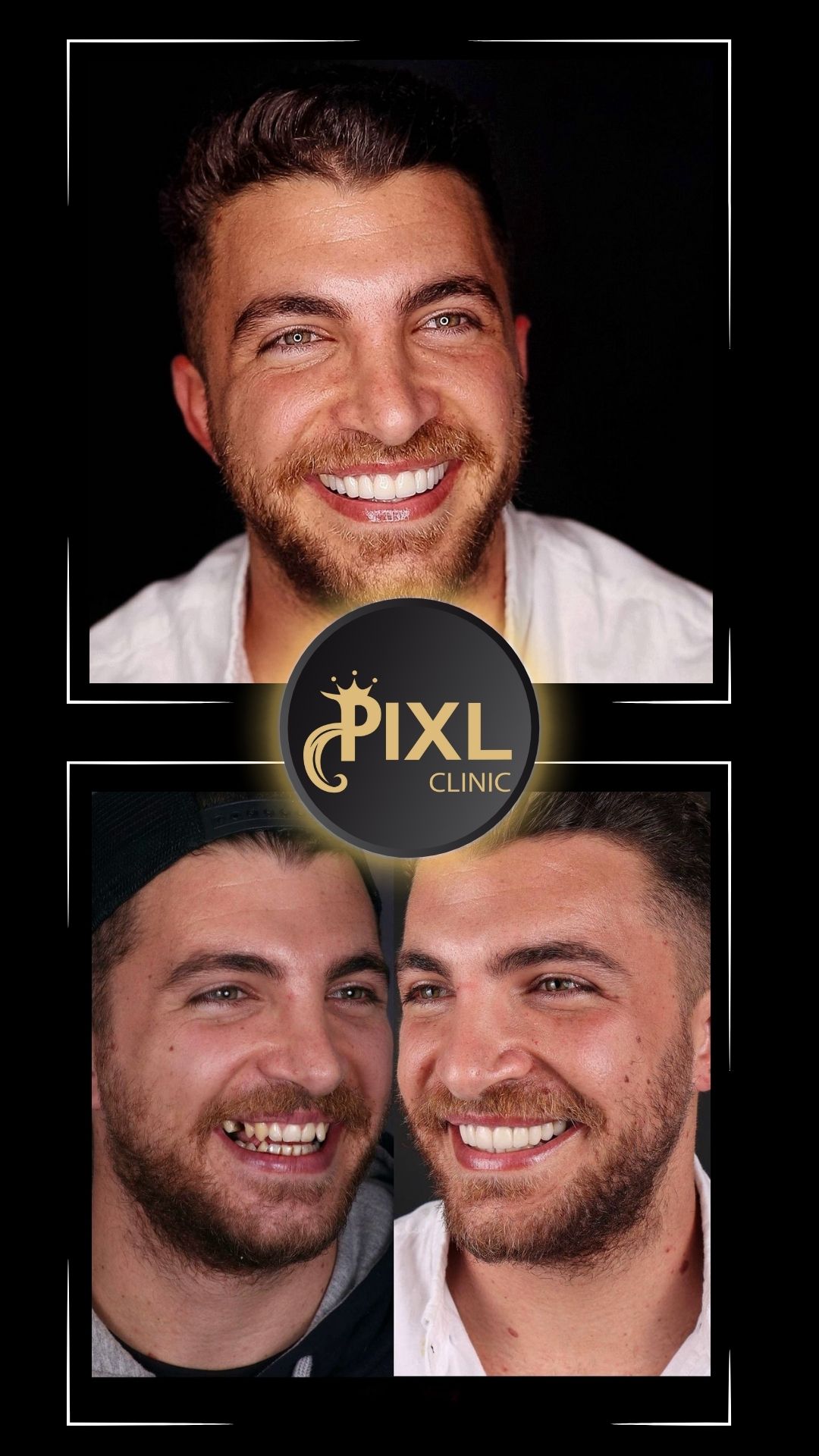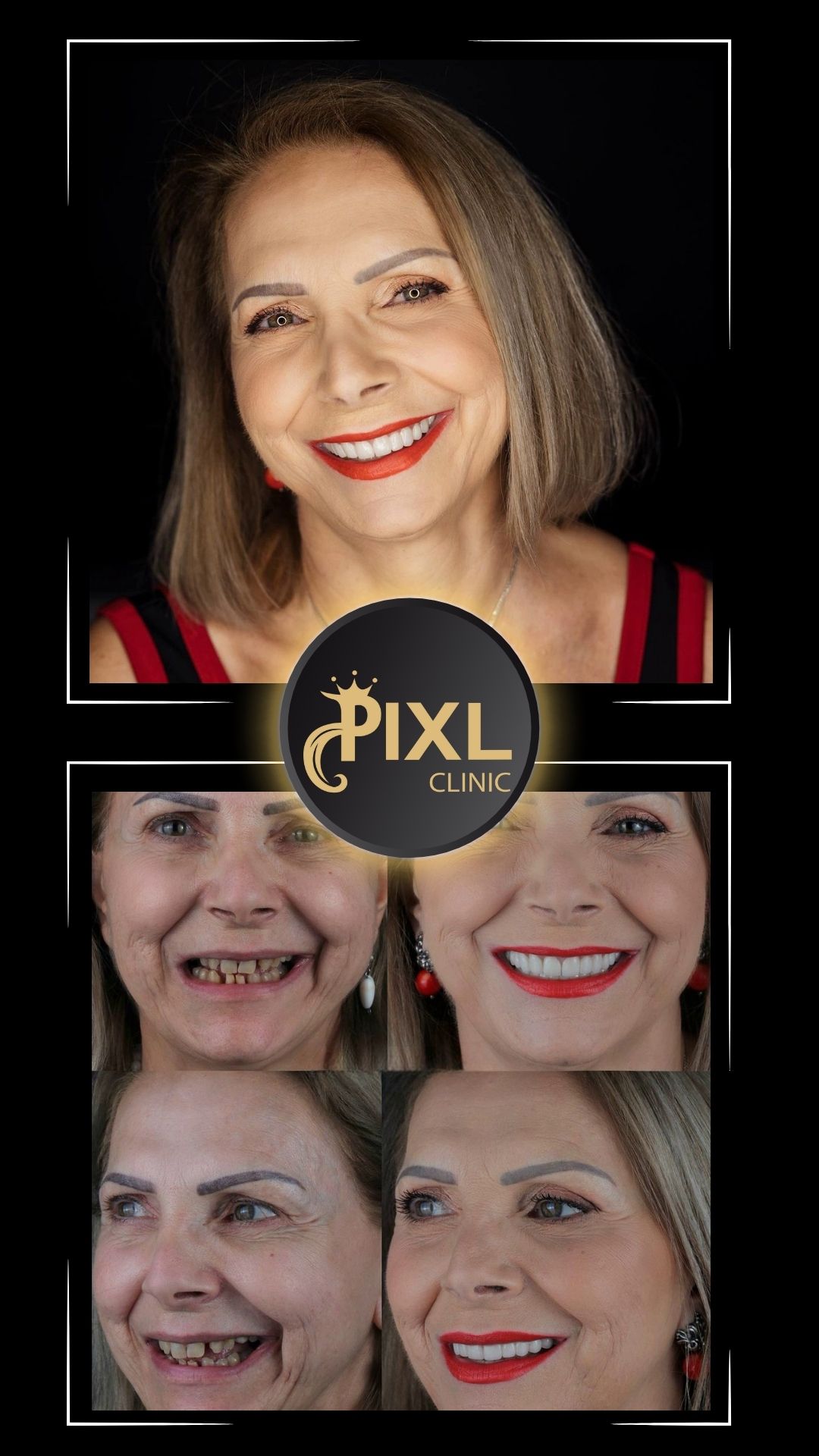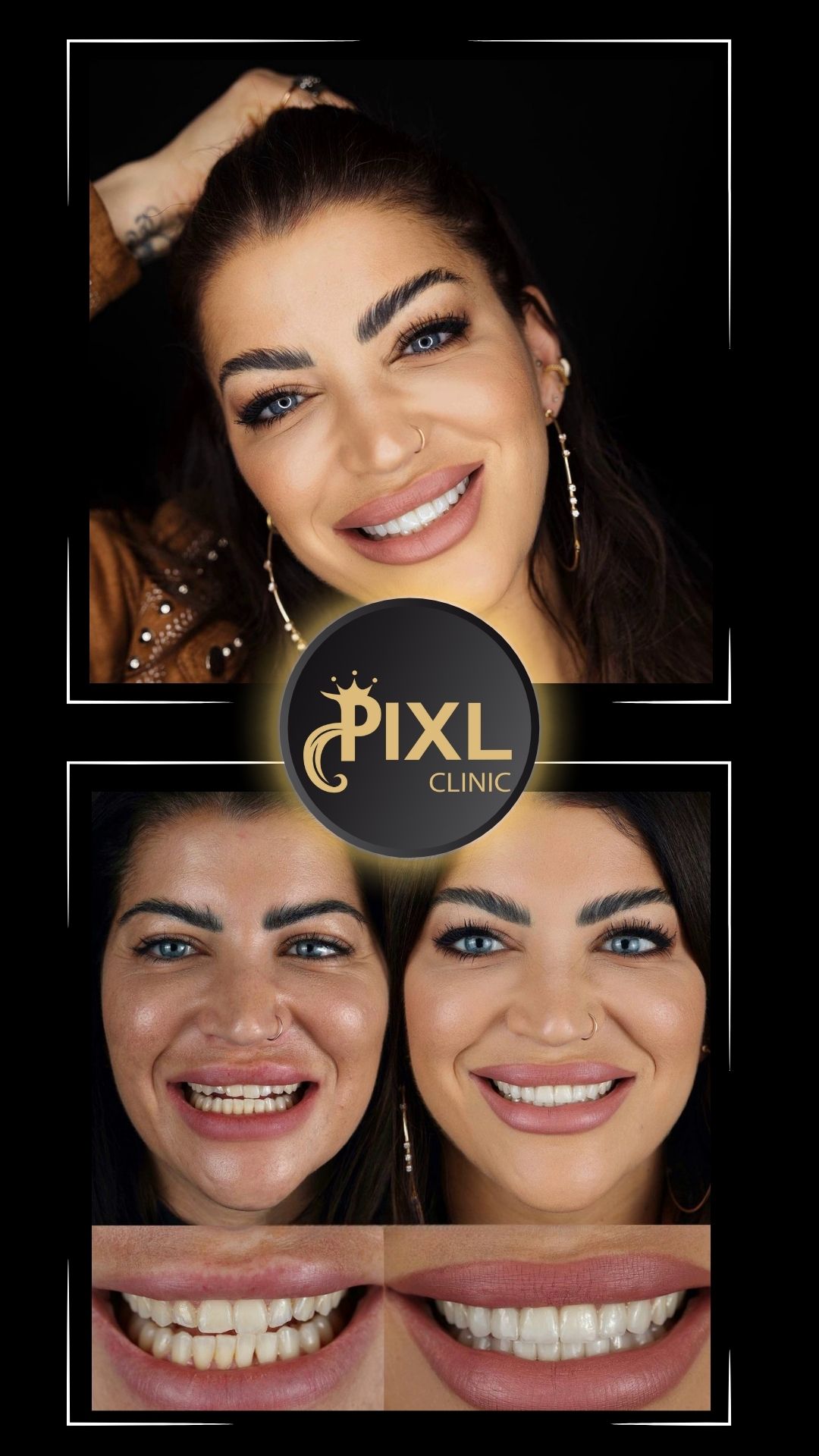Is Turkey Safe for Dental Tourism?
Dental tourism has grown exponentially in recent years, with Turkey emerging as one of the top destinations for high-quality, affordable dental care. But is Turkey safe for dental tourism? This guide explores key factors such as safety, quality of care, and travel logistics to help you make an informed decision.
Why Turkey is Popular for Dental Tourism
Turkey has gained recognition for its advanced dental facilities, highly qualified professionals, and competitive prices. Cities like Istanbul, Antalya, and Izmir are home to internationally accredited dental clinics, offering services such as dental implants, veneers, and teeth whitening at a fraction of the cost in countries like the U.S. or the U.K.
Key Benefits:
- Cost-Effective Treatments: Procedures in Turkey can be 50–70% cheaper compared to Western countries.
- High-Quality Care: Many clinics use state-of-the-art technology and materials approved by the EU or FDA.
- Short Waiting Times: You can often book treatments with minimal waiting periods.
- Vacation Opportunity: Turkey offers a rich cultural and natural landscape to explore before or after your treatment.

Safety Considerations
Quality of Clinics and Accreditation
Turkey boasts a wide range of dental clinics, but the quality varies. To ensure safety:
- Choose clinics accredited by international organizations like ISO, JCI, or the Turkish Dental Association (TDB).
- Look for dentists with verified certifications, advanced training, or international experience.
Patient Reviews and Recommendations
Online reviews, testimonials, and word-of-mouth recommendations are invaluable. Opt for clinics with high ratings and transparent communication regarding procedures, pricing, and aftercare.
Language Barriers
Many top clinics cater to international patients and have English-speaking staff. However, verify this beforehand to avoid miscommunication during treatments.
Hygiene and Safety Standards
- Ensure the clinic adheres to strict hygiene protocols.
- Ask if they use sterilized equipment and maintain infection control standards comparable to those in your home country.
Political and General Safety
While Turkey is generally safe for tourists, it’s essential to stay informed about local conditions:
- Avoid areas with political instability.
- Stick to popular tourist cities, which are usually well-policed and secure.
- Follow the advice of your country’s travel advisory for updated safety information.
Preparing for Your Trip
- Research Your Clinic: Shortlist reputable clinics and schedule consultations in advance.
- Budget for Travel and Extras: Include costs for flights, accommodation, and any additional medical care.
- Know the Risks: Understand potential risks, like post-procedure complications or follow-up visits.
- Plan for Recovery: Leave time in your schedule to rest and recover before returning home.
Final Thoughts
Turkey is a safe and popular destination for dental tourism if you choose the right clinic and take necessary precautions. With world-class facilities, experienced professionals, and affordable pricing, it’s no surprise that thousands of international patients flock to Turkey for dental care every year.
By doing thorough research, consulting with trusted clinics, and staying vigilant during your travels, you can ensure a safe and successful dental tourism experience in Turkey.
Have you visited Turkey for dental care? Share your experience or ask questions in the comments below!
FAQ: Dental Tourism in Turkey
Is Turkey safe for dental tourism?
Yes, Turkey is generally safe for dental tourism if you choose a reputable clinic and follow travel safety precautions. Major cities like Istanbul, Antalya, and Izmir are popular and well-equipped for international patients.
How do I choose a reliable dental clinic in Turkey?
- Look for clinics accredited by international organizations like ISO or JCI.
- Read reviews and testimonials from previous patients.
- Ensure the clinic has English-speaking staff and clear communication.
Are the dentists in Turkey qualified?
Yes, many Turkish dentists are highly trained and often have international certifications. However, it’s essential to verify credentials and experience before proceeding.
Why is dental care in Turkey so affordable?
Lower operational costs, favorable exchange rates, and government incentives for medical tourism make dental treatments more affordable in Turkey without compromising quality.
What types of dental treatments are available in Turkey?
Turkey offers a wide range of dental procedures, including:
- Dental implants
- Veneers
- Teeth whitening
- Crowns and bridges
- Orthodontics
- Root canal treatments
How much can I save by getting dental work in Turkey?
Patients typically save 50–70% compared to prices in countries like the U.S., U.K., or Germany.
How long does dental treatment in Turkey take?
The duration depends on the procedure. For example:
- Veneers: 3–5 days
- Implants: Initial surgery takes 1–2 days, but the final fitting may require a second trip after 3–6 months.
Are the materials used in Turkish clinics safe and high-quality?
Yes, reputable clinics use high-quality materials approved by the EU or FDA, such as branded implants (Straumann, Nobel Biocare) or ceramic veneers.
Is it safe to travel alone for dental tourism in Turkey?
Yes, many patients travel alone for dental care. Stay in reputable areas, use trusted transportation, and keep your travel documents secure.
What is the best time to visit Turkey for dental treatment?
Spring (April–June) and autumn (September–November) are ideal due to pleasant weather and fewer tourists.
Is aftercare provided?
Most clinics offer aftercare instructions and remain available for follow-up queries. Confirm if they provide free consultations or online support after your procedure.
Do I need travel insurance?
Yes, travel insurance is recommended to cover unexpected cancellations, medical emergencies, or complications.
What languages are spoken in Turkish dental clinics?
Many clinics catering to international patients have English-speaking staff. Some also offer translators for other languages.
Are there risks associated with dental tourism?
Potential risks include post-procedure complications, communication barriers, and the need for follow-up treatments. Research thoroughly and choose a reputable clinic to minimize these risks.
Can I combine dental treatment with a vacation?
Absolutely! Turkey is famous for its rich history, beautiful beaches, and cultural attractions, making it a perfect destination for dental treatment and a vacation.
Do I need a visa to travel to Turkey for dental treatment?
Visa requirements vary depending on your nationality. Check with the Turkish consulate or use the e-Visa application website to confirm your eligibility.

